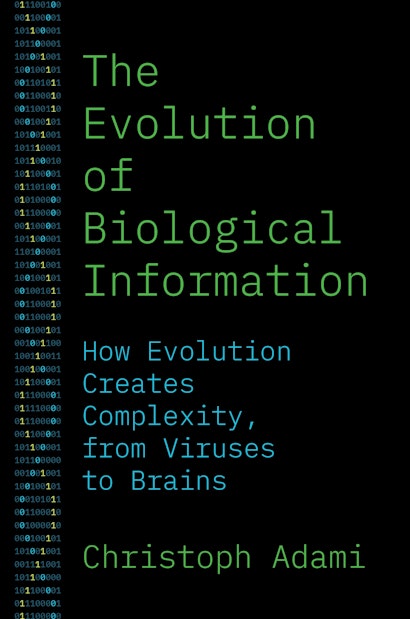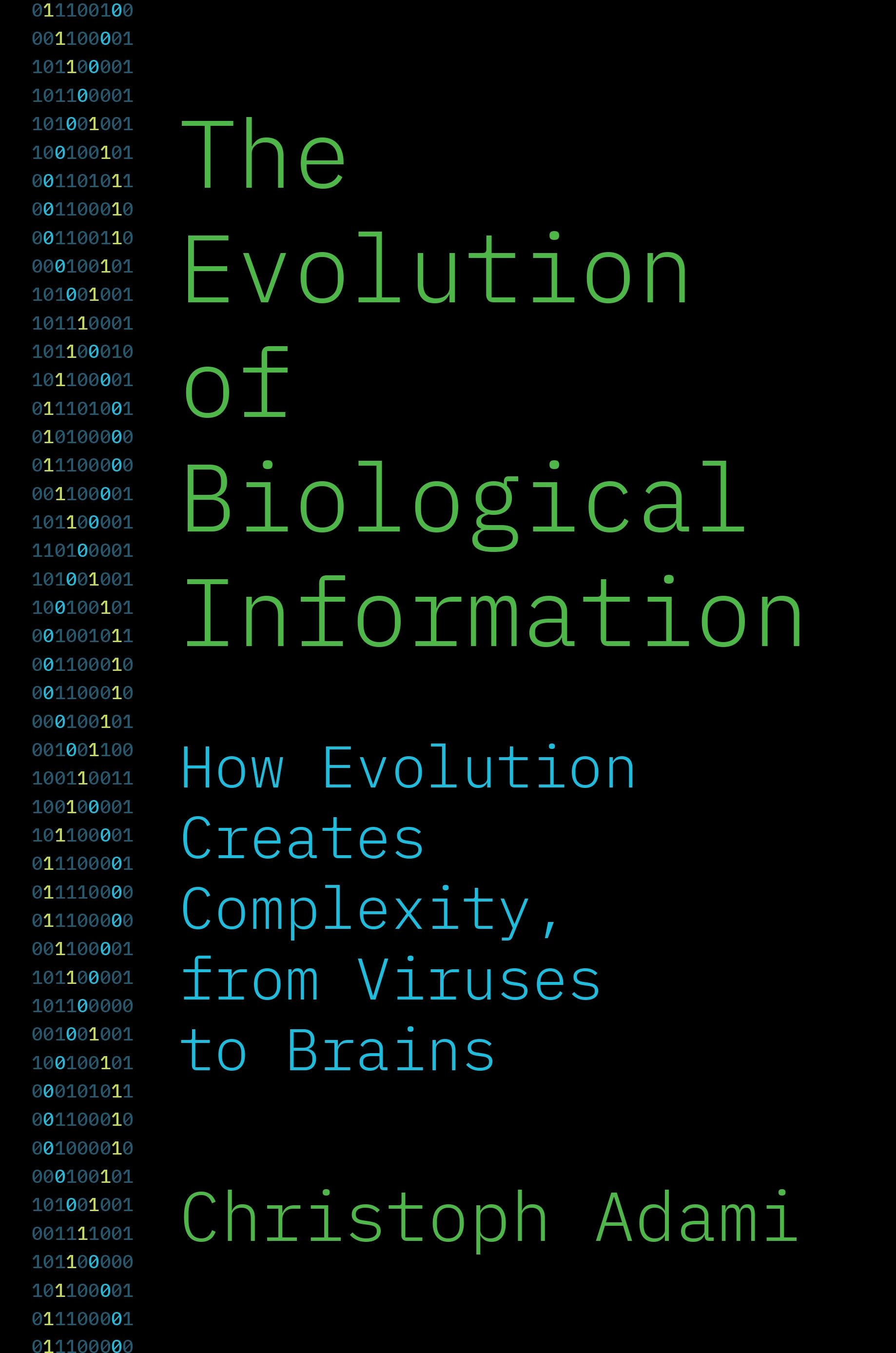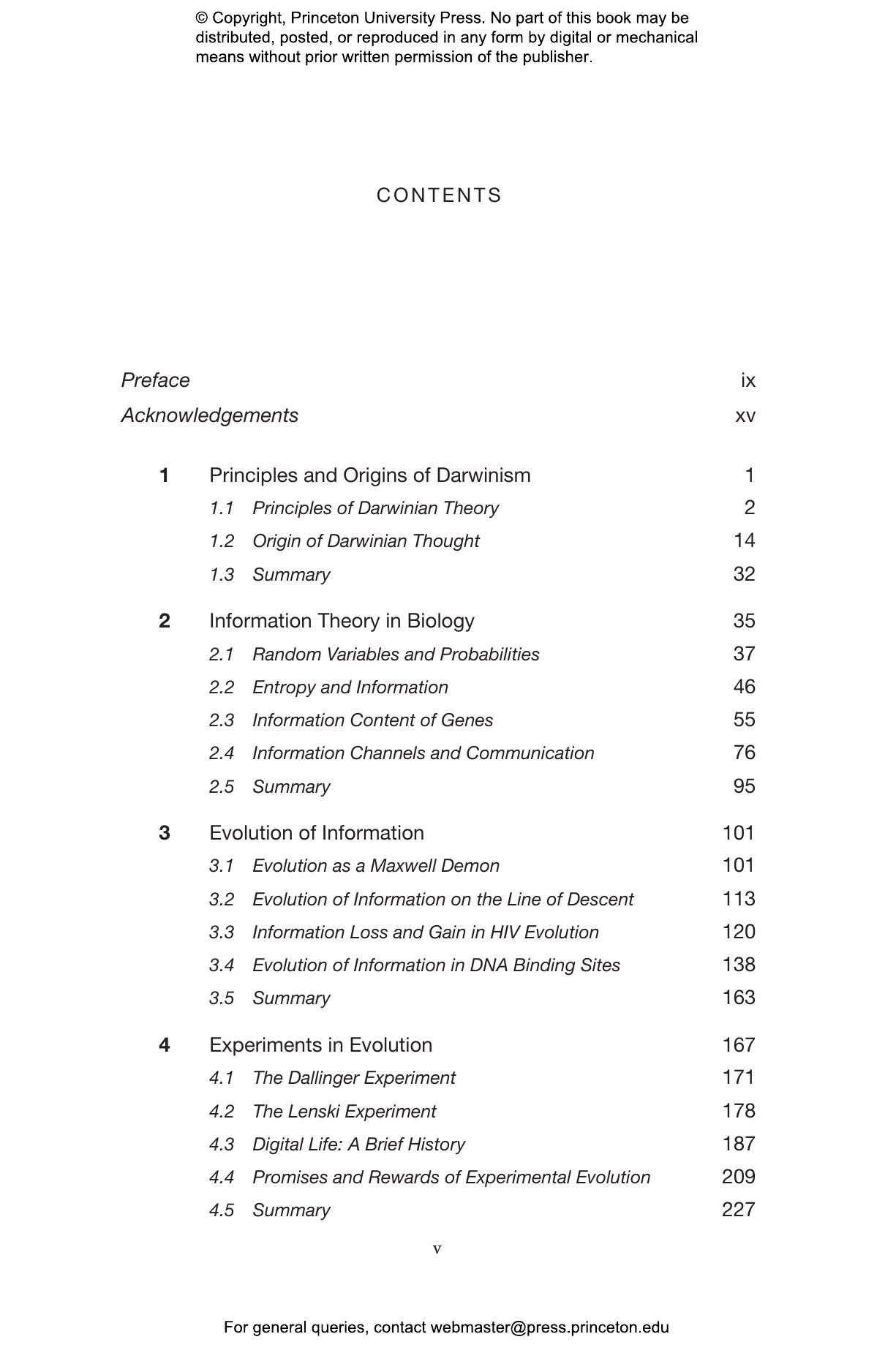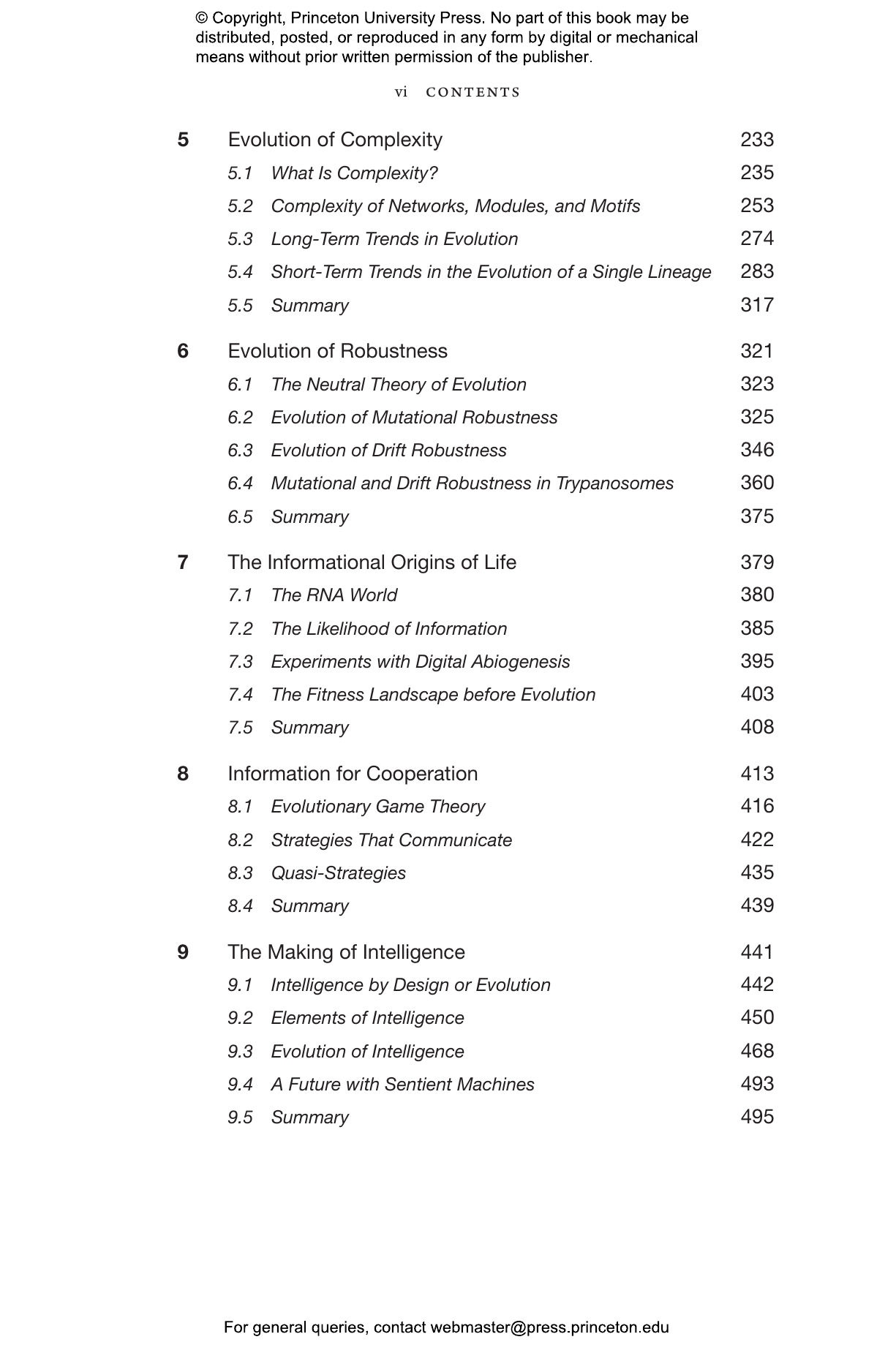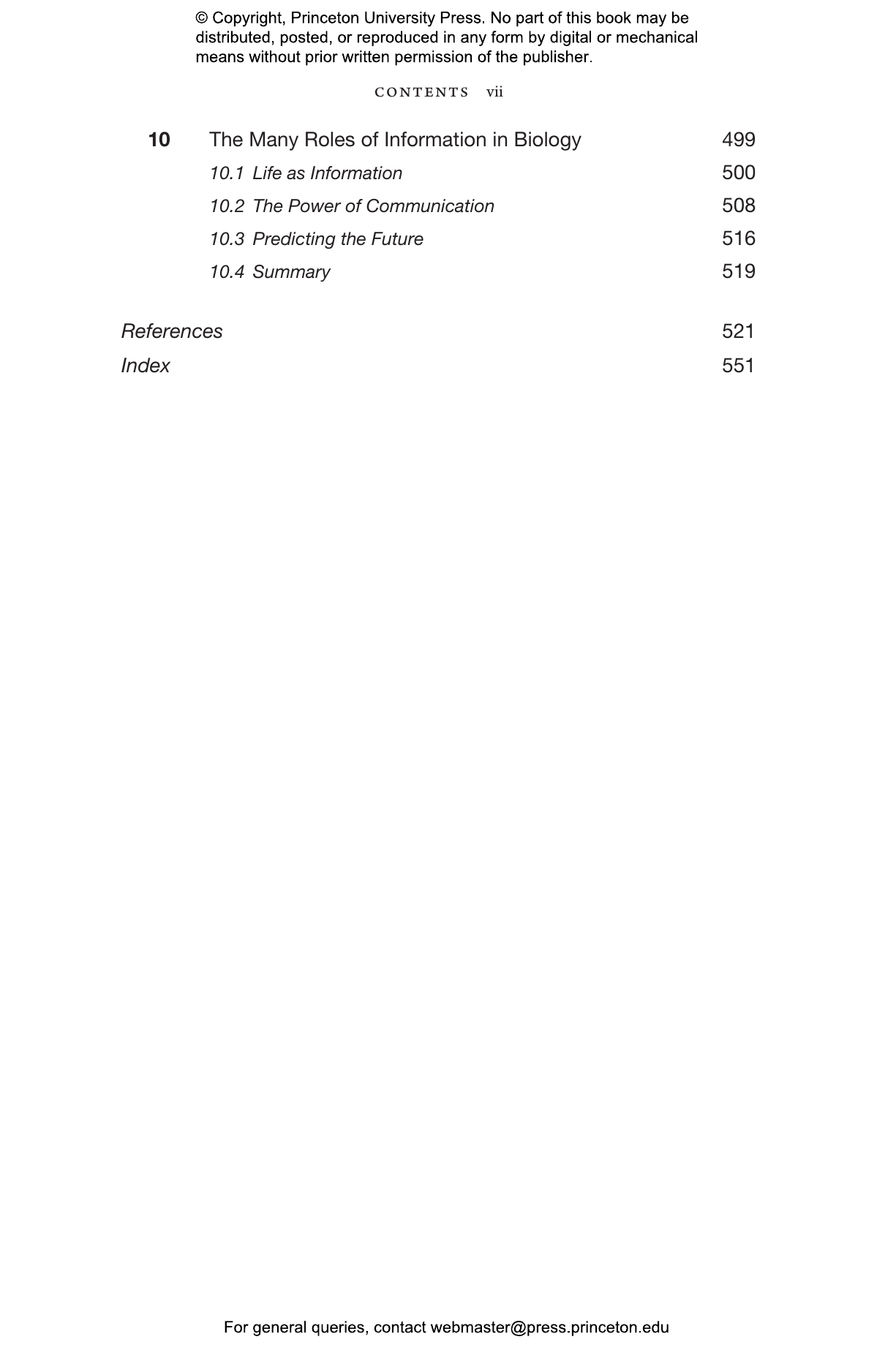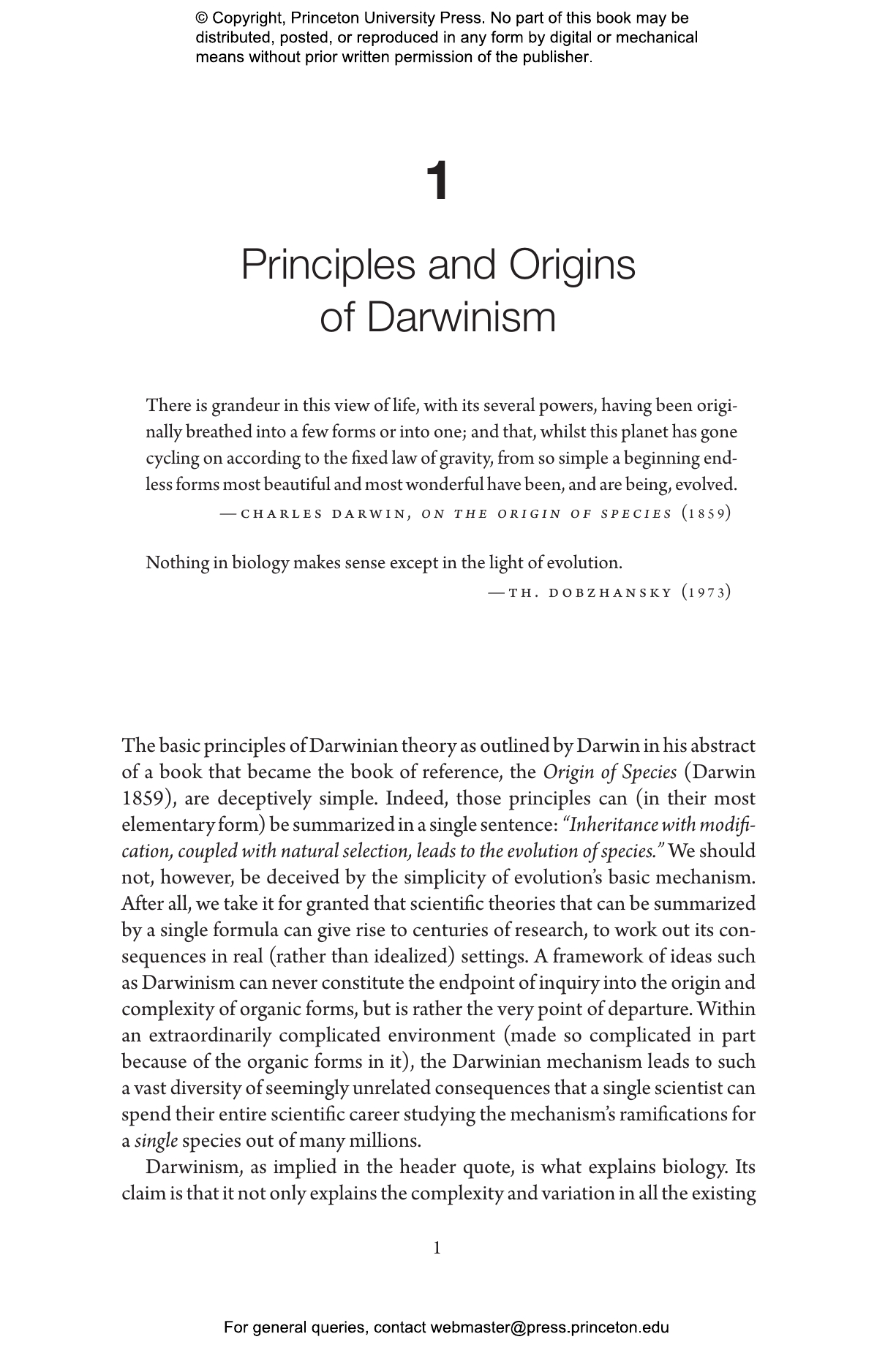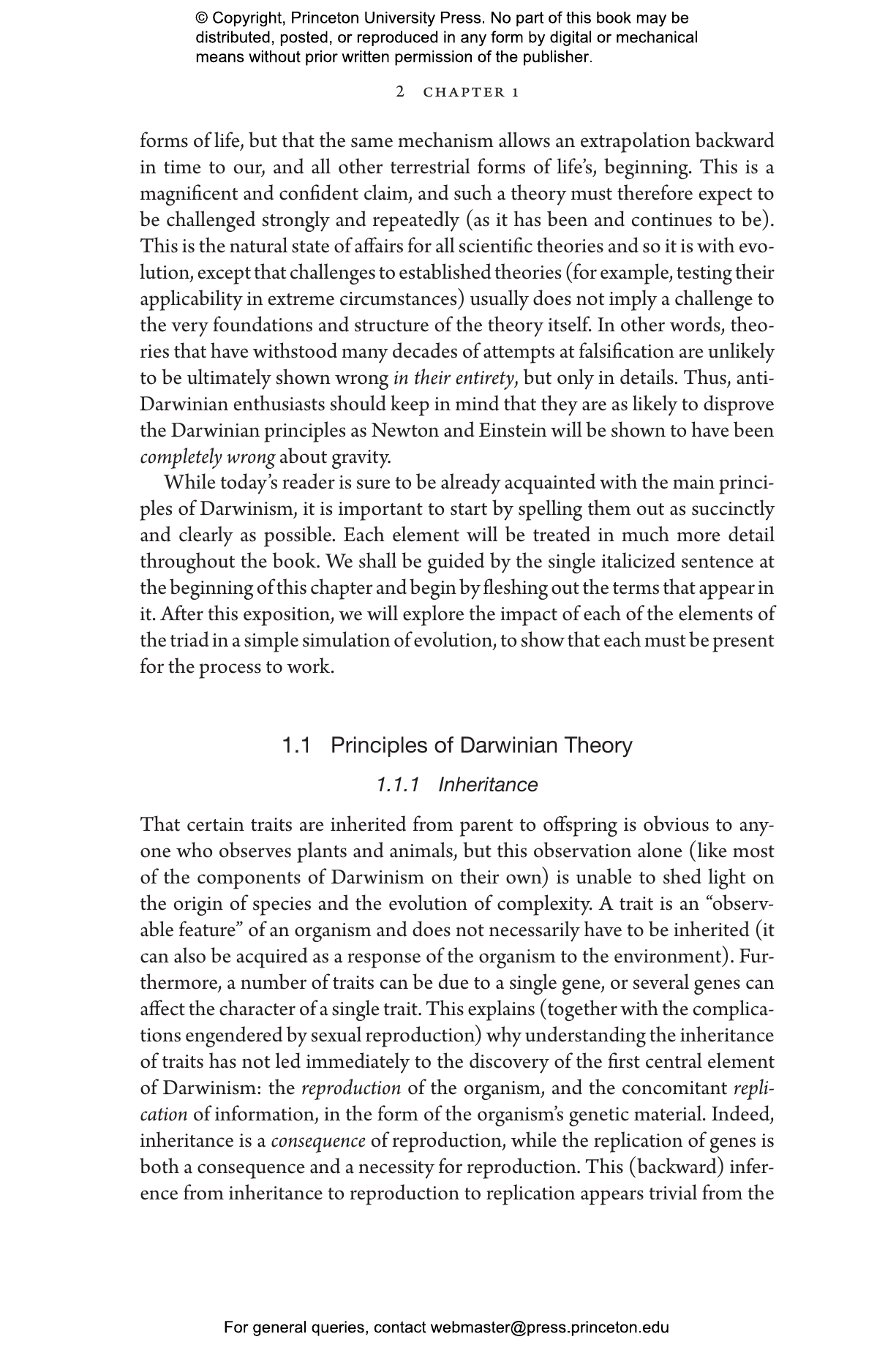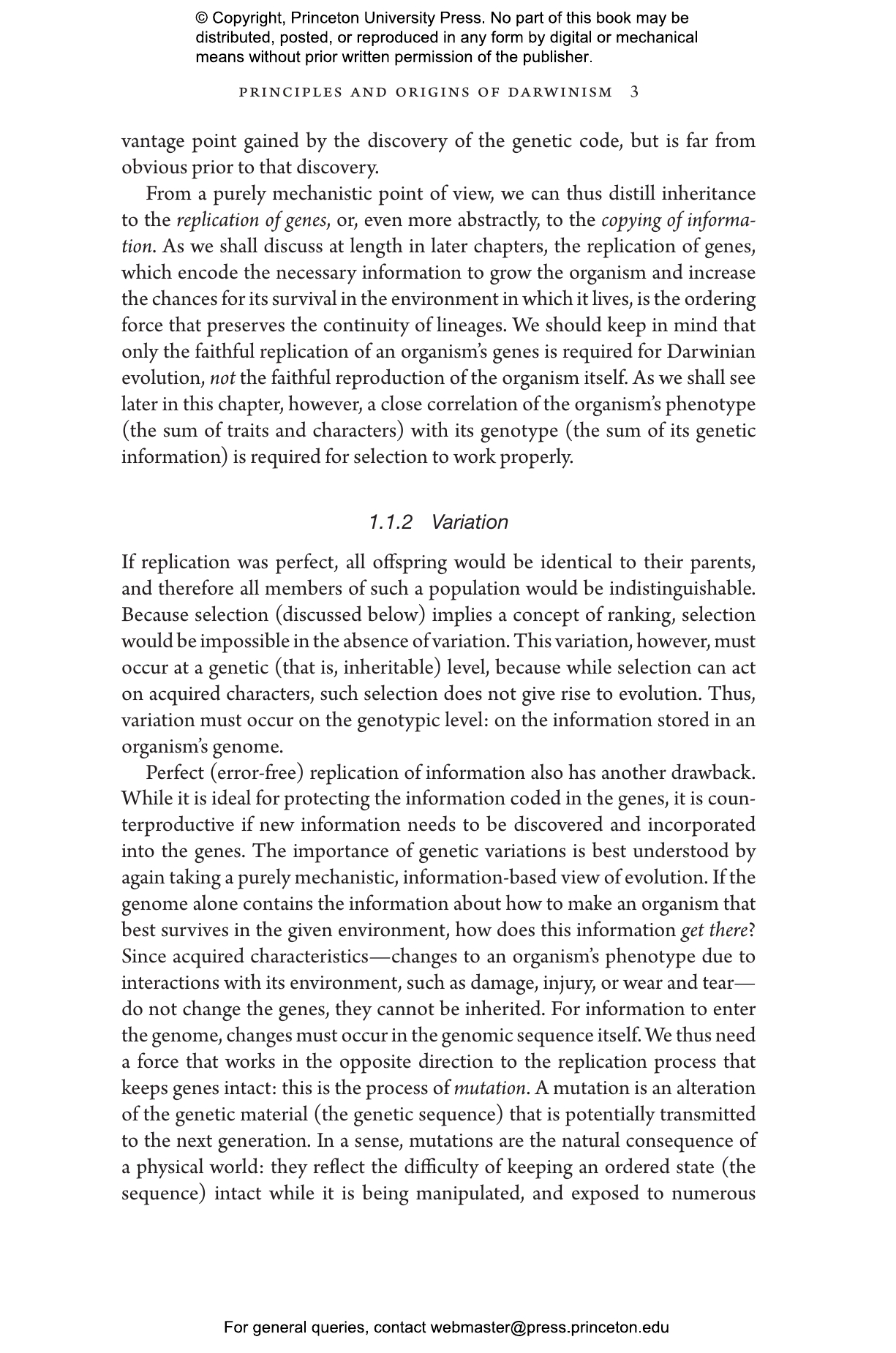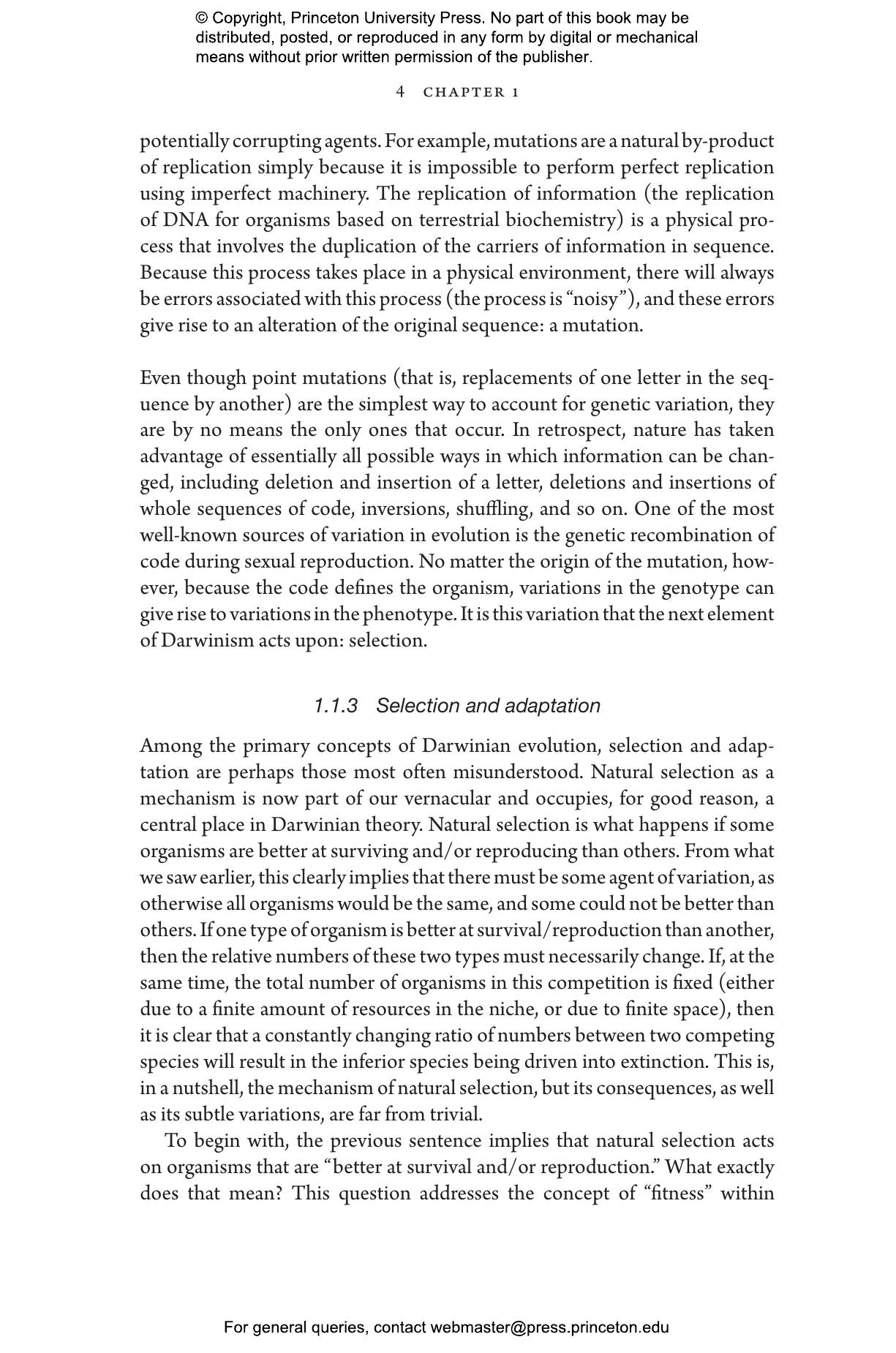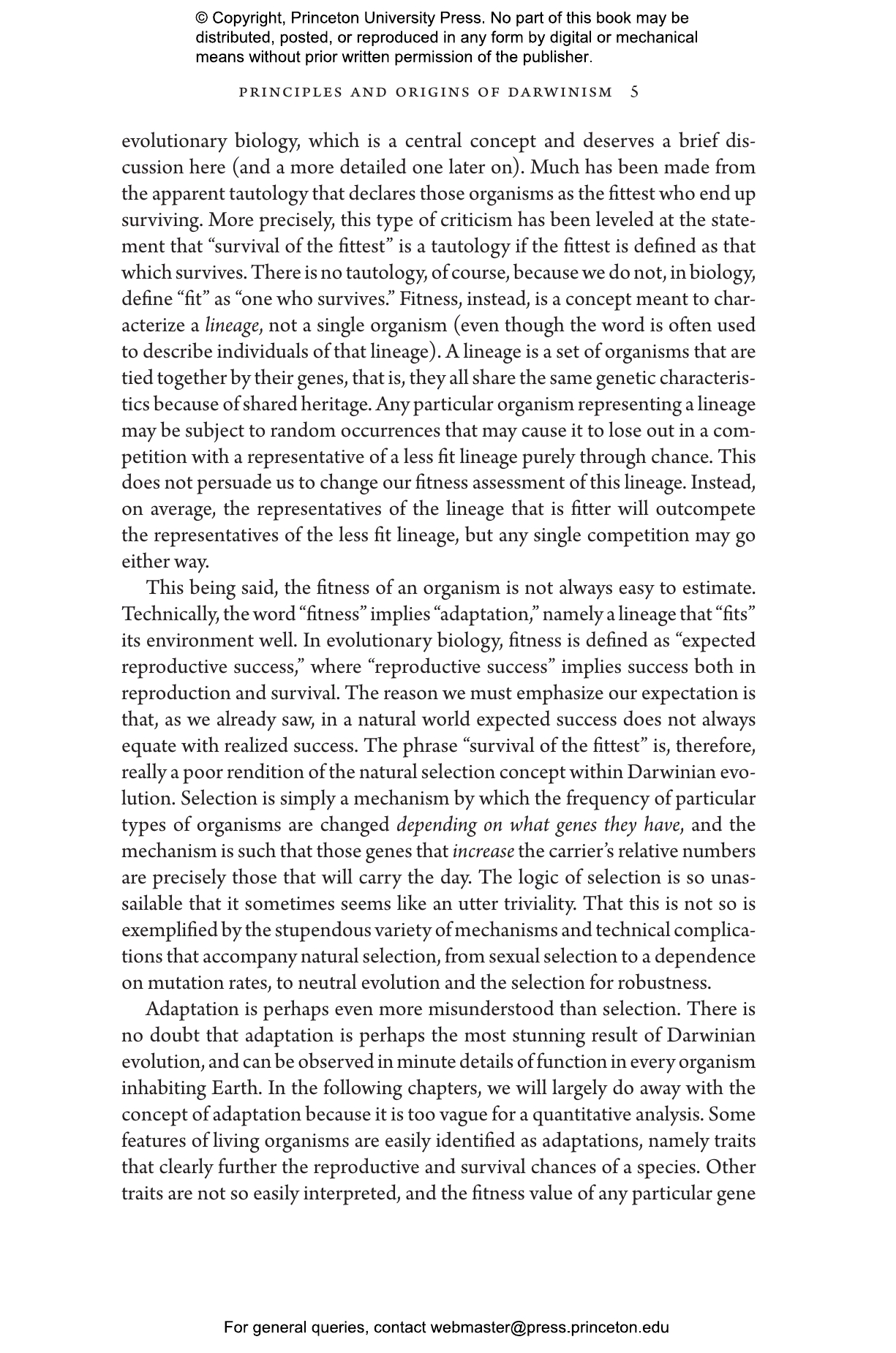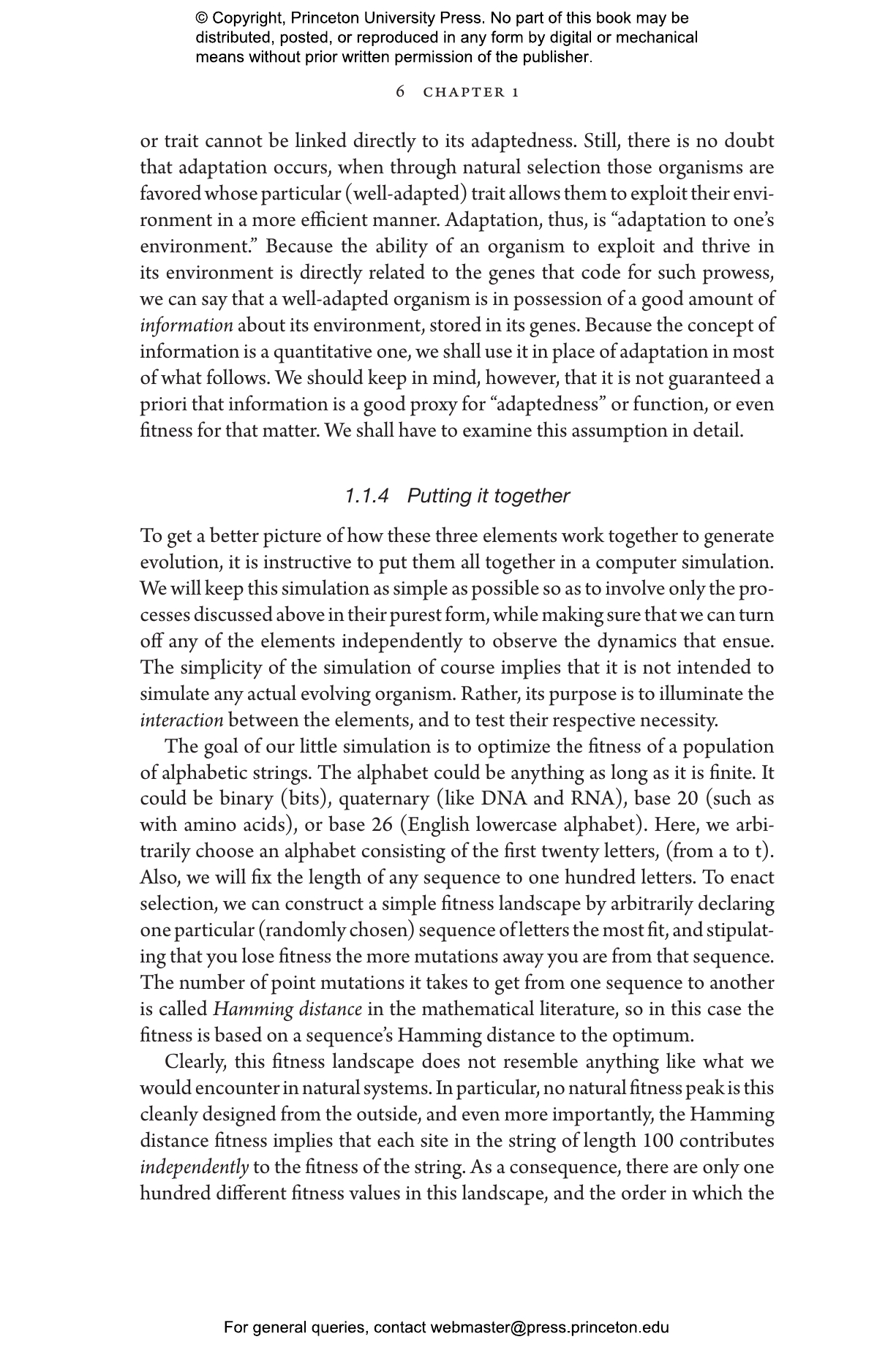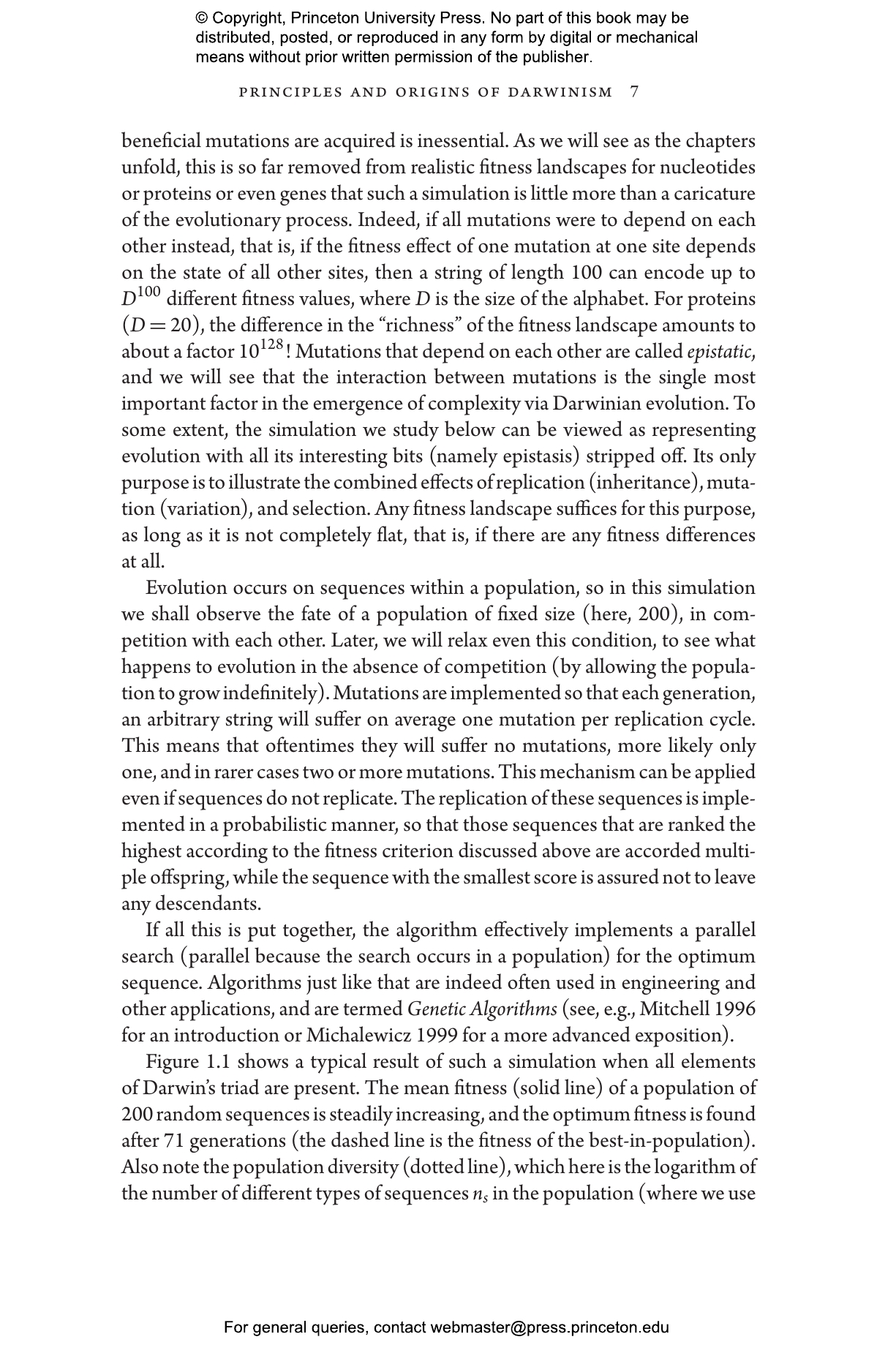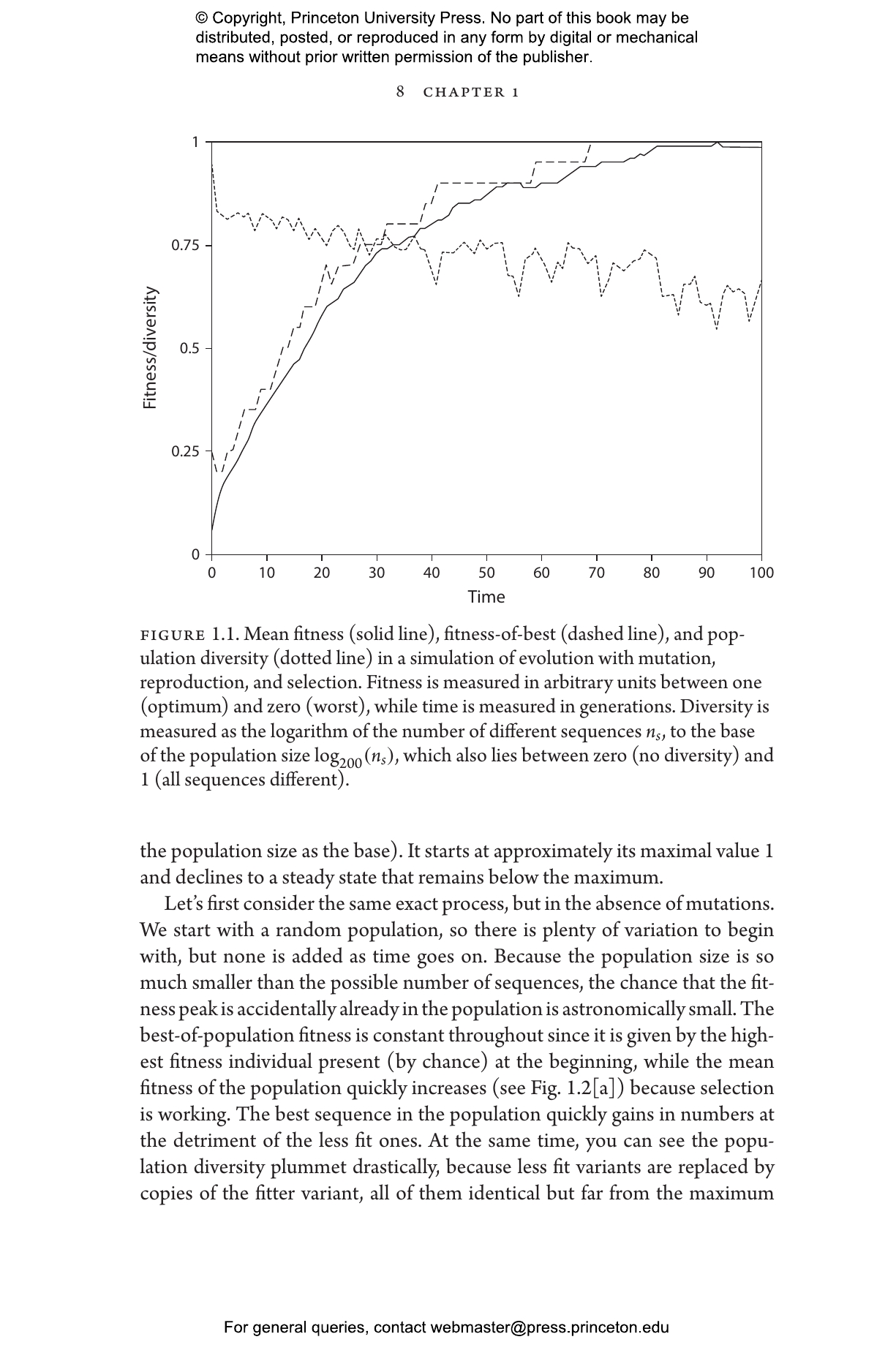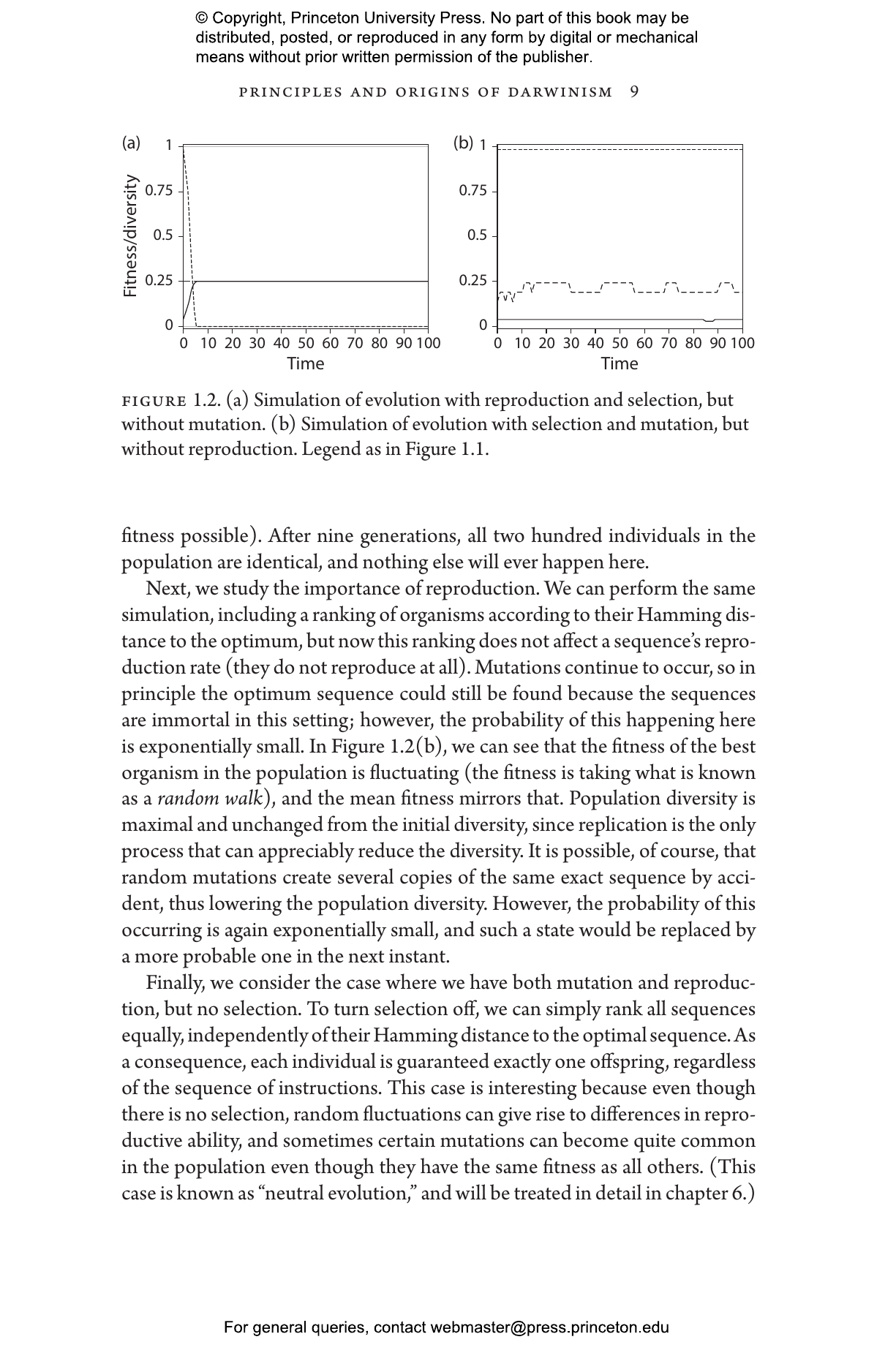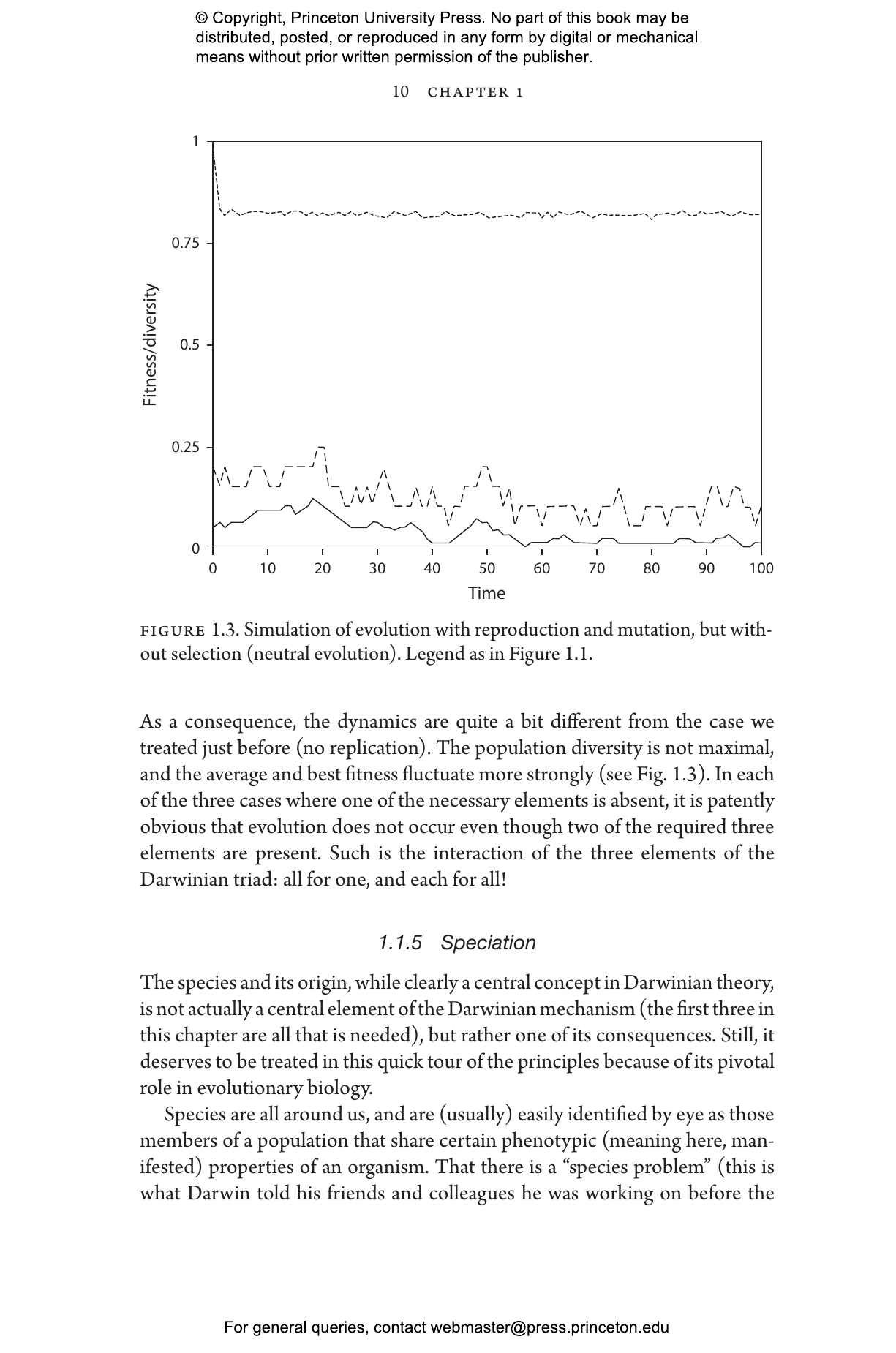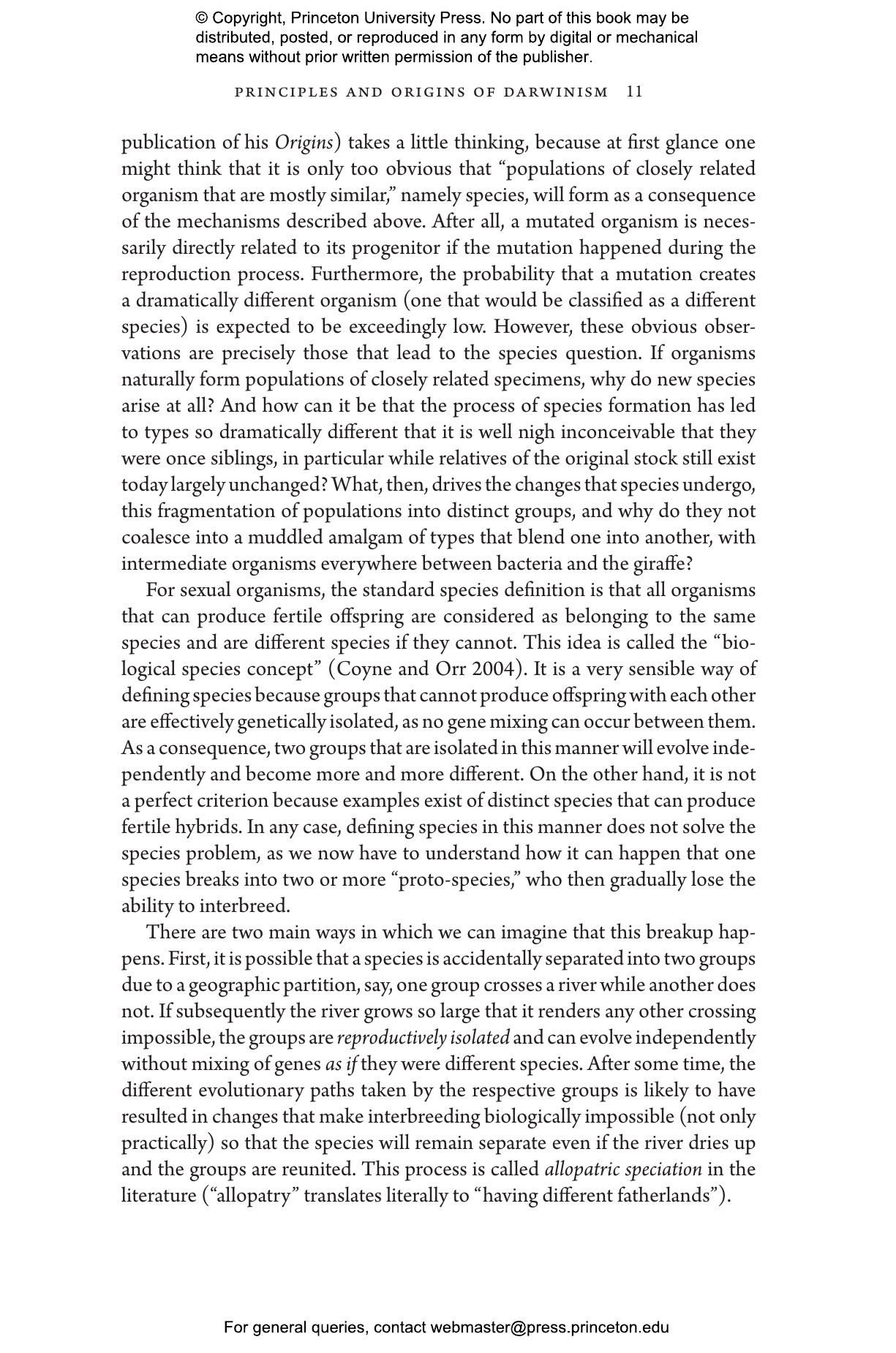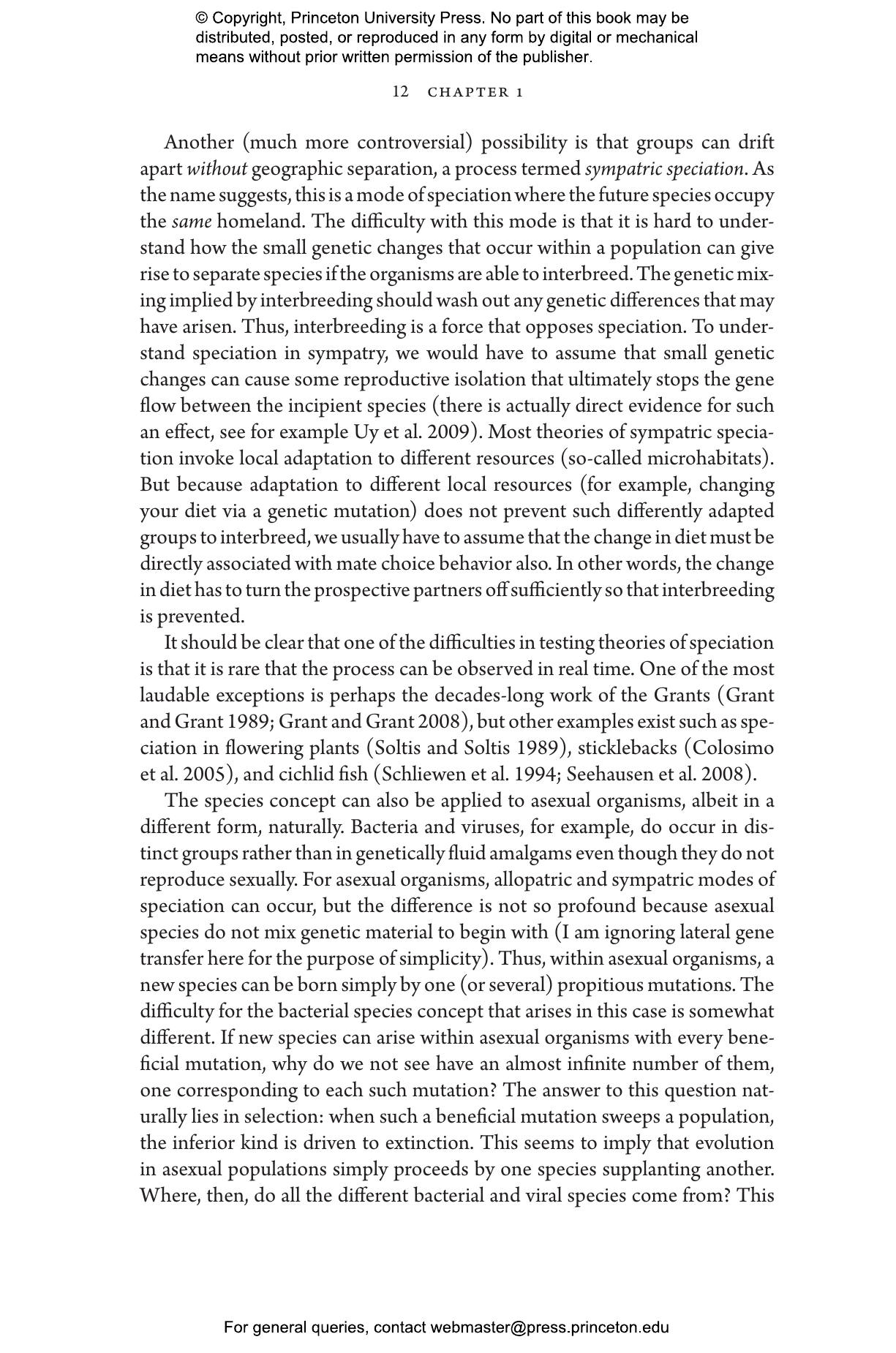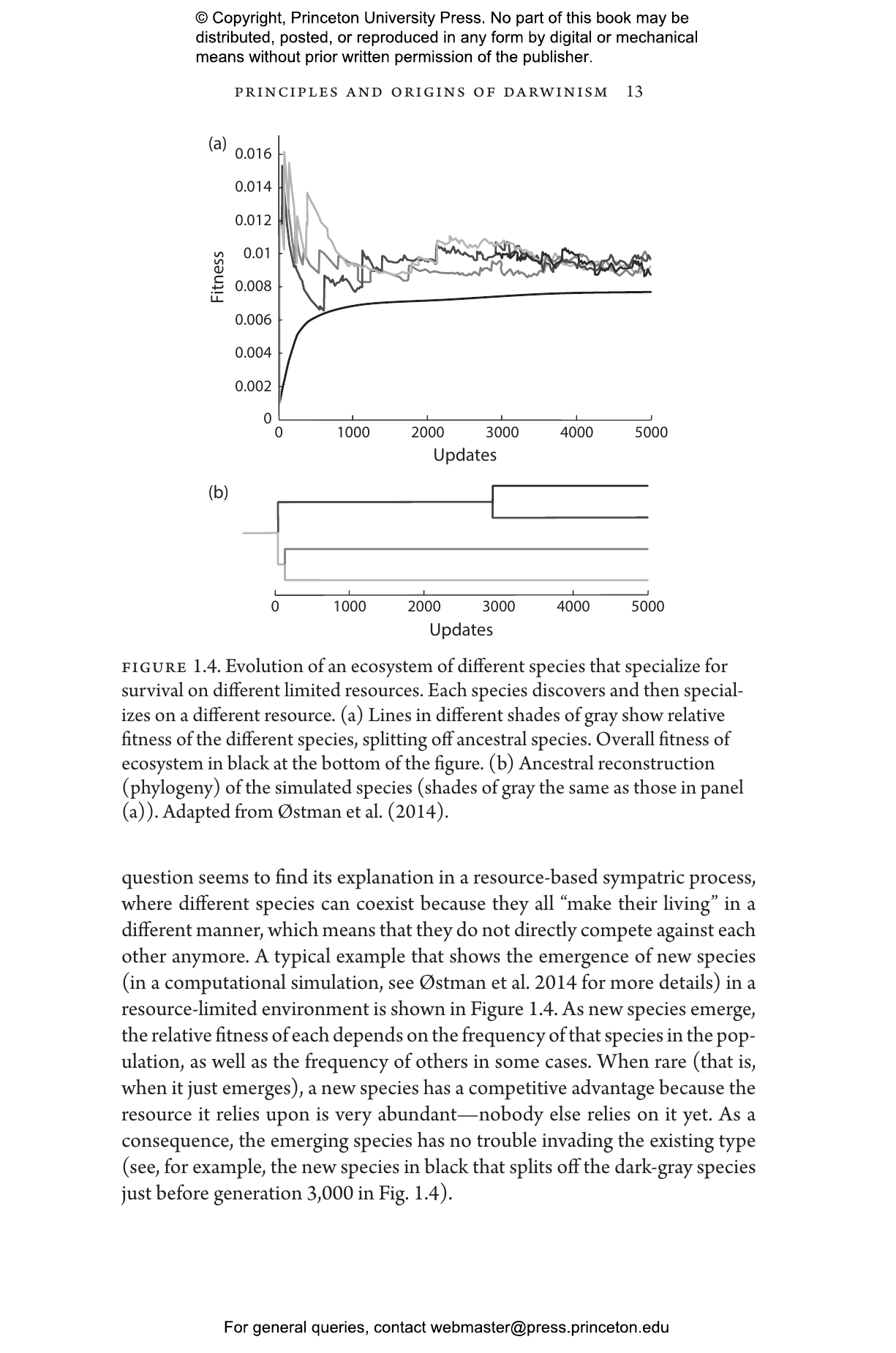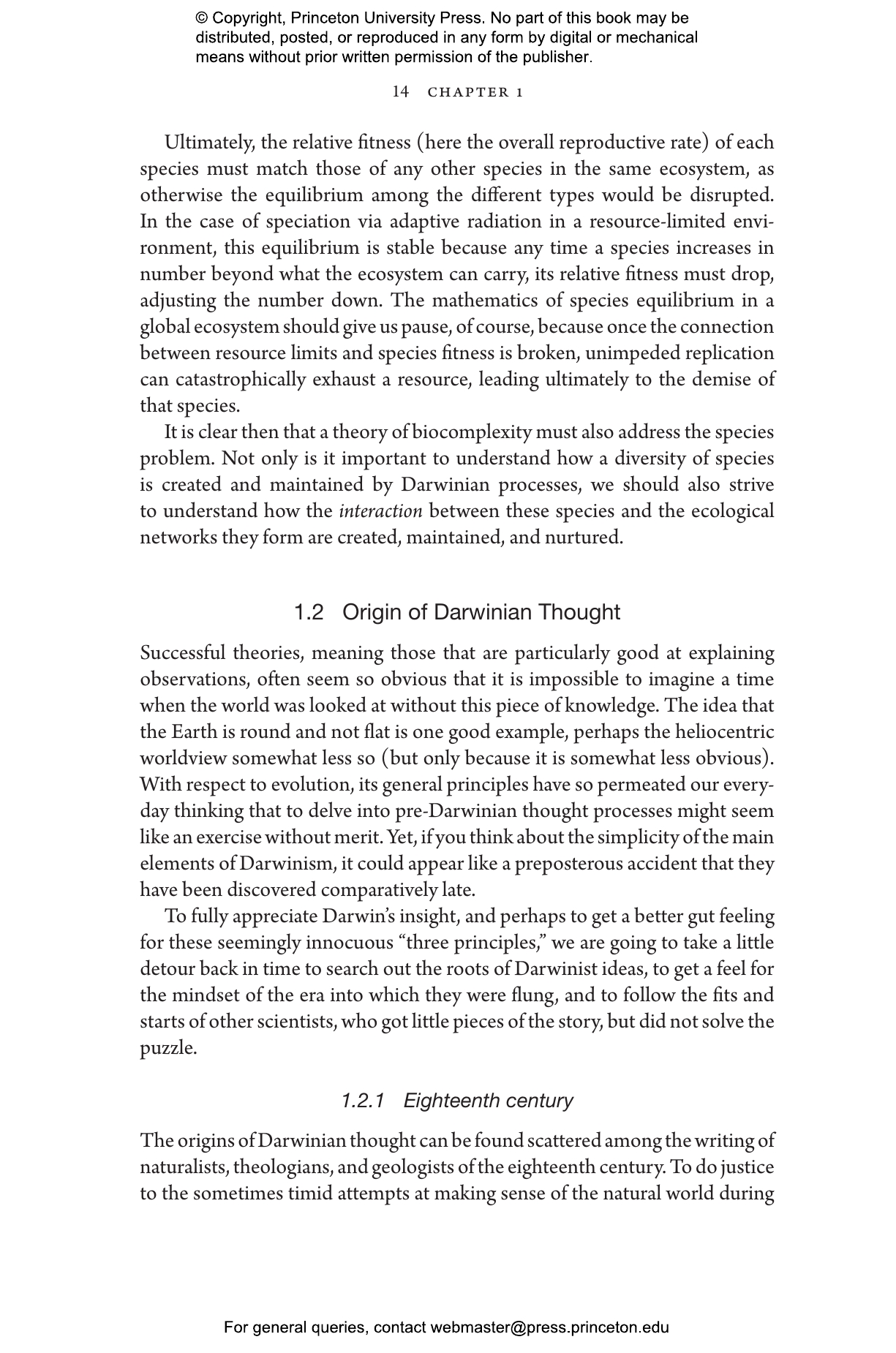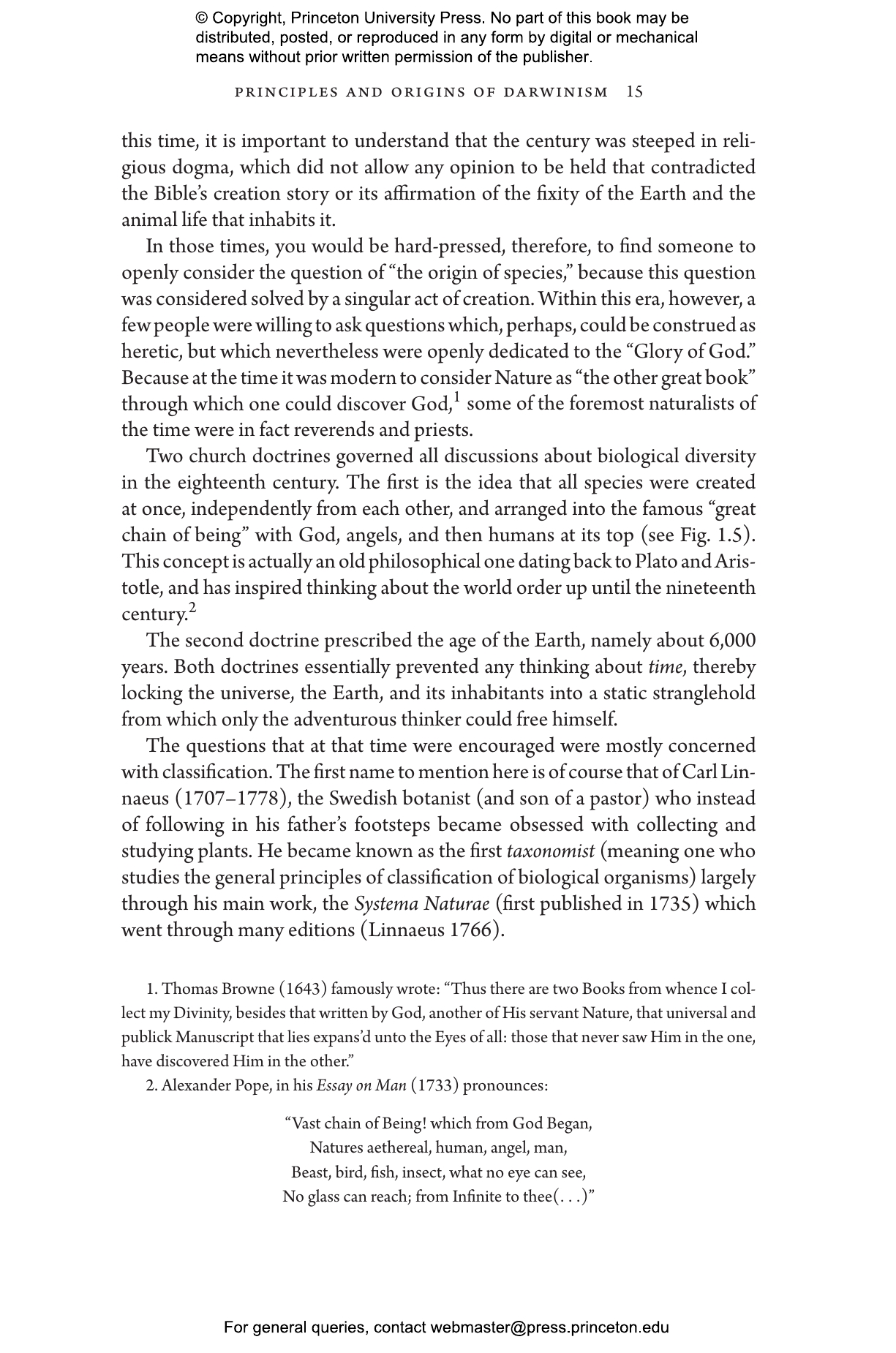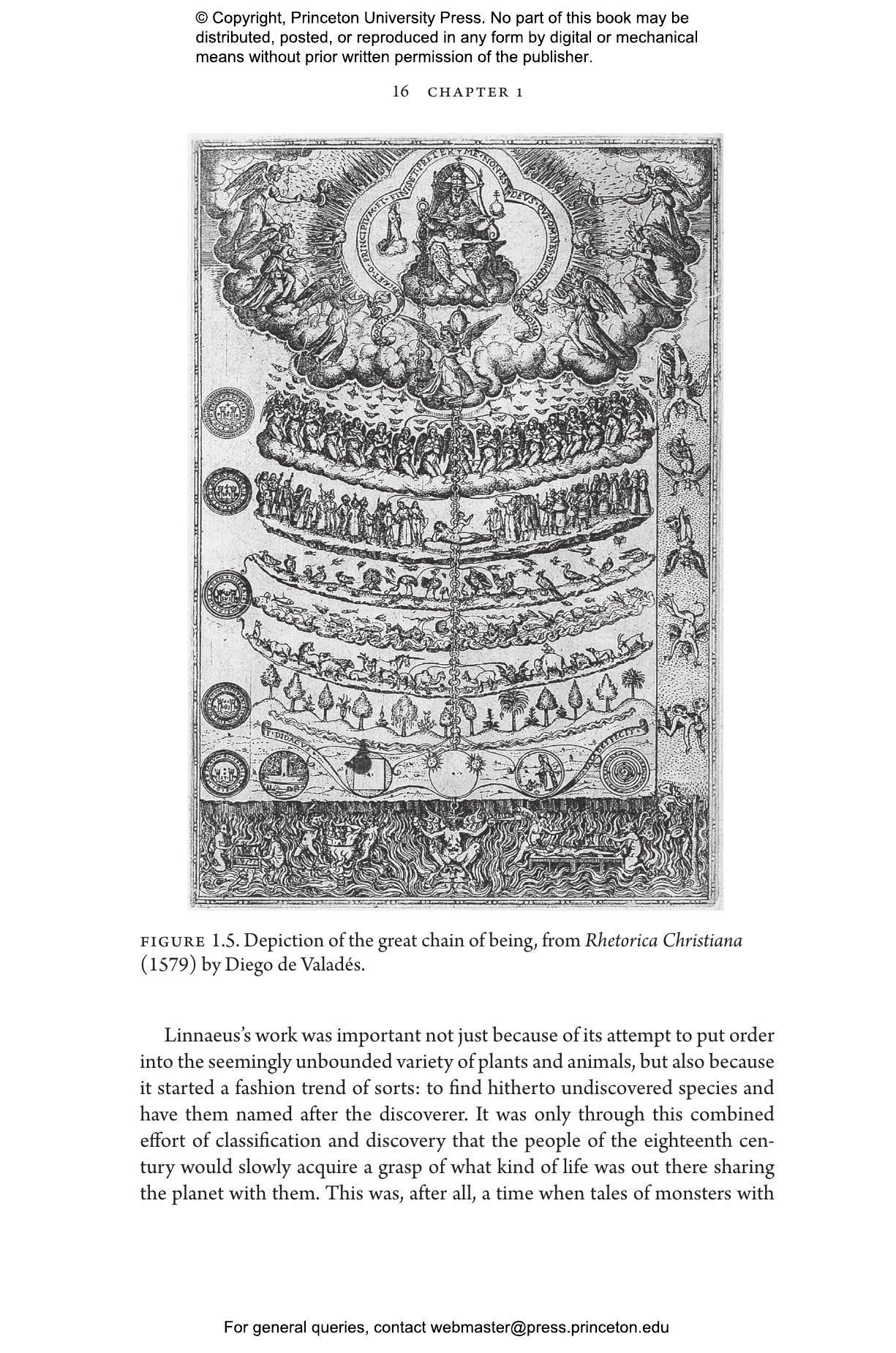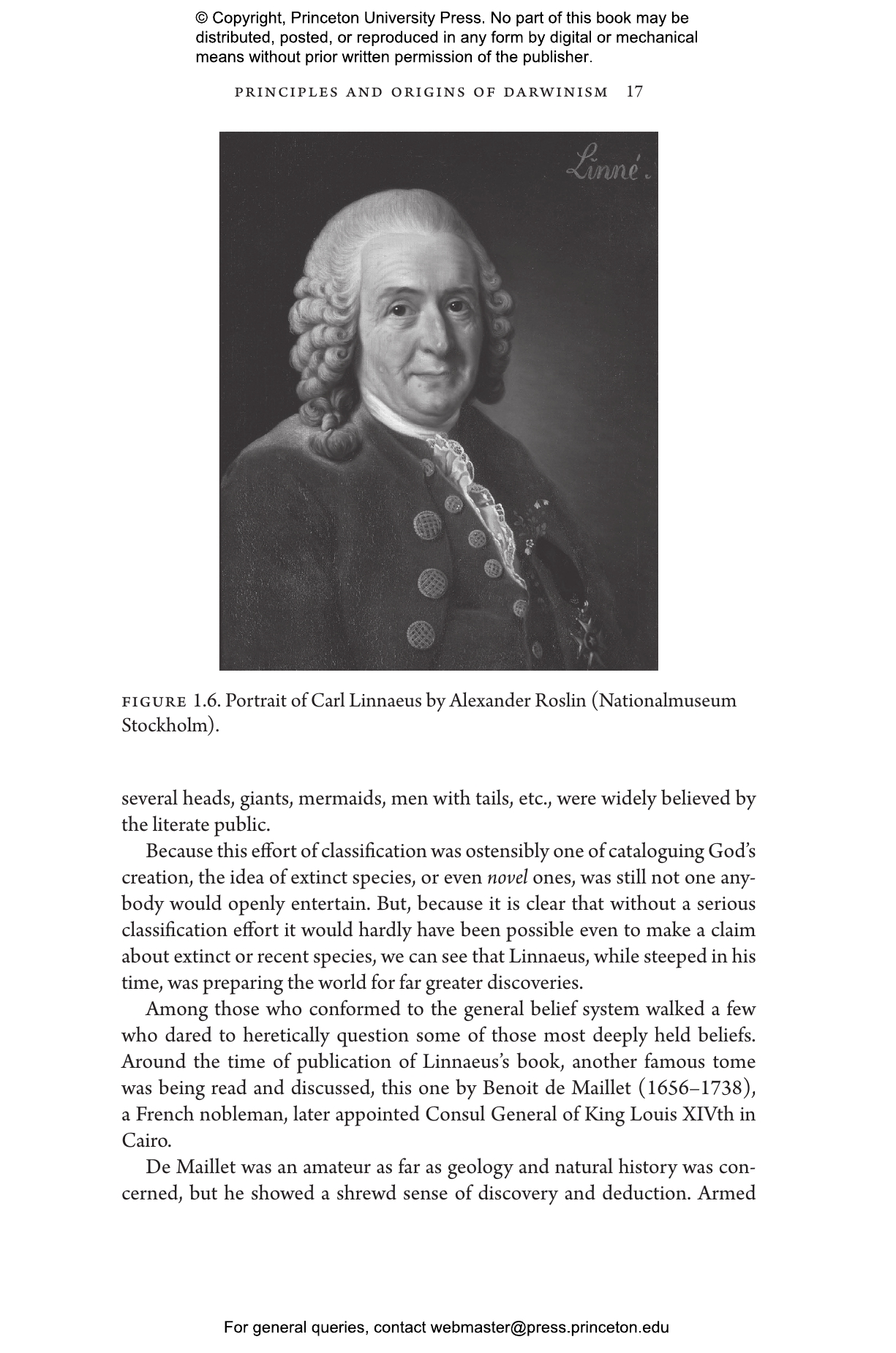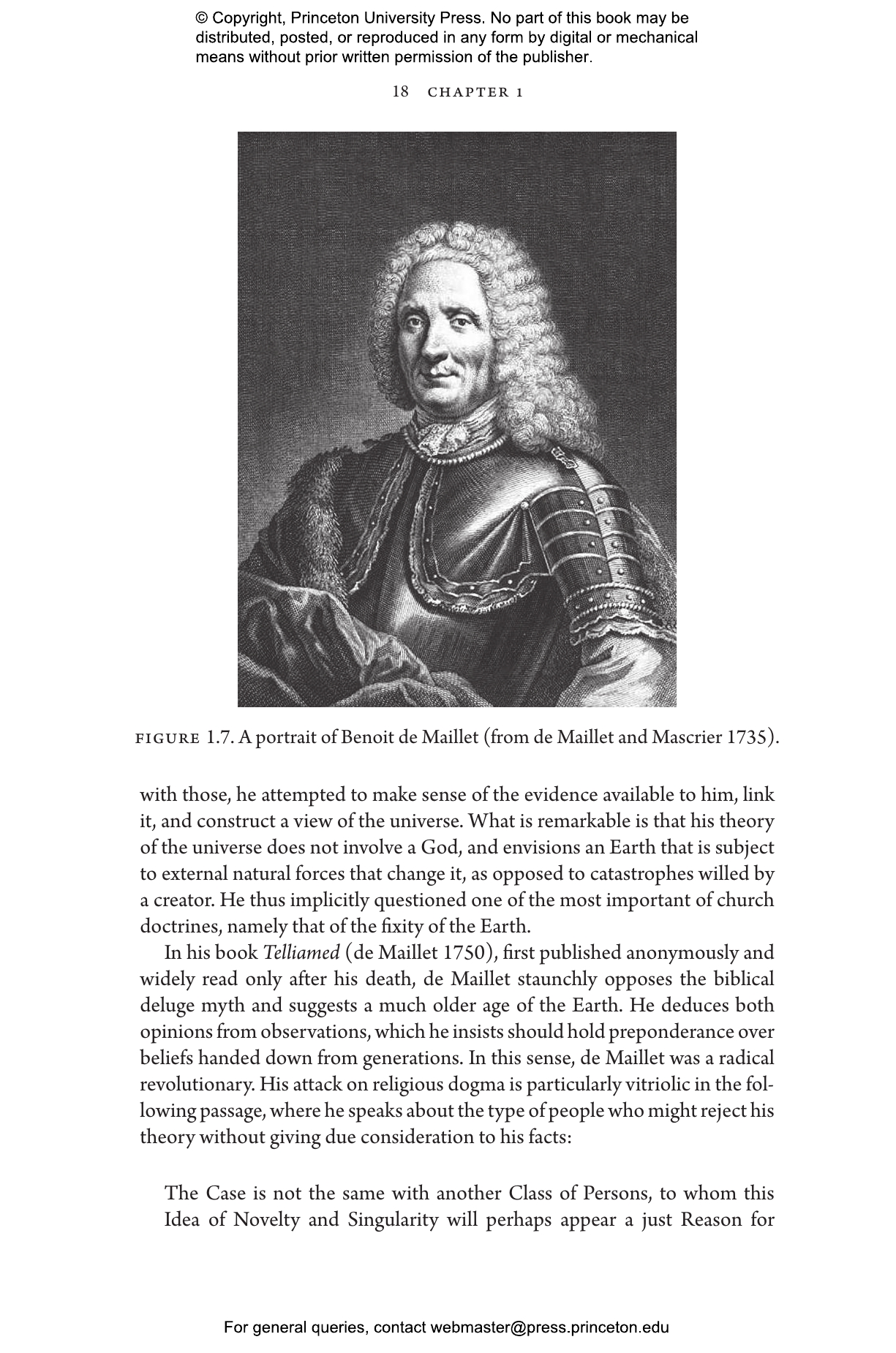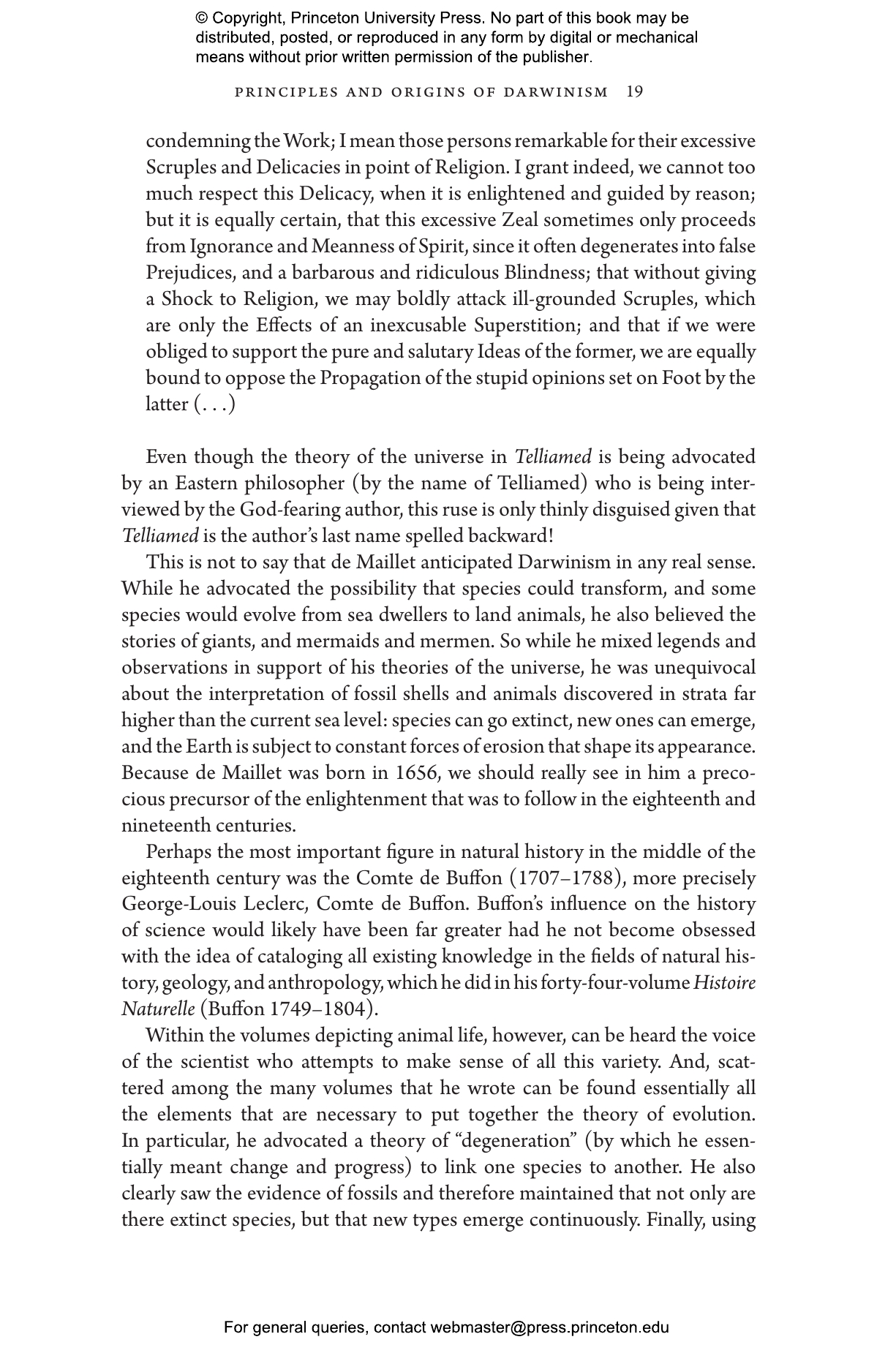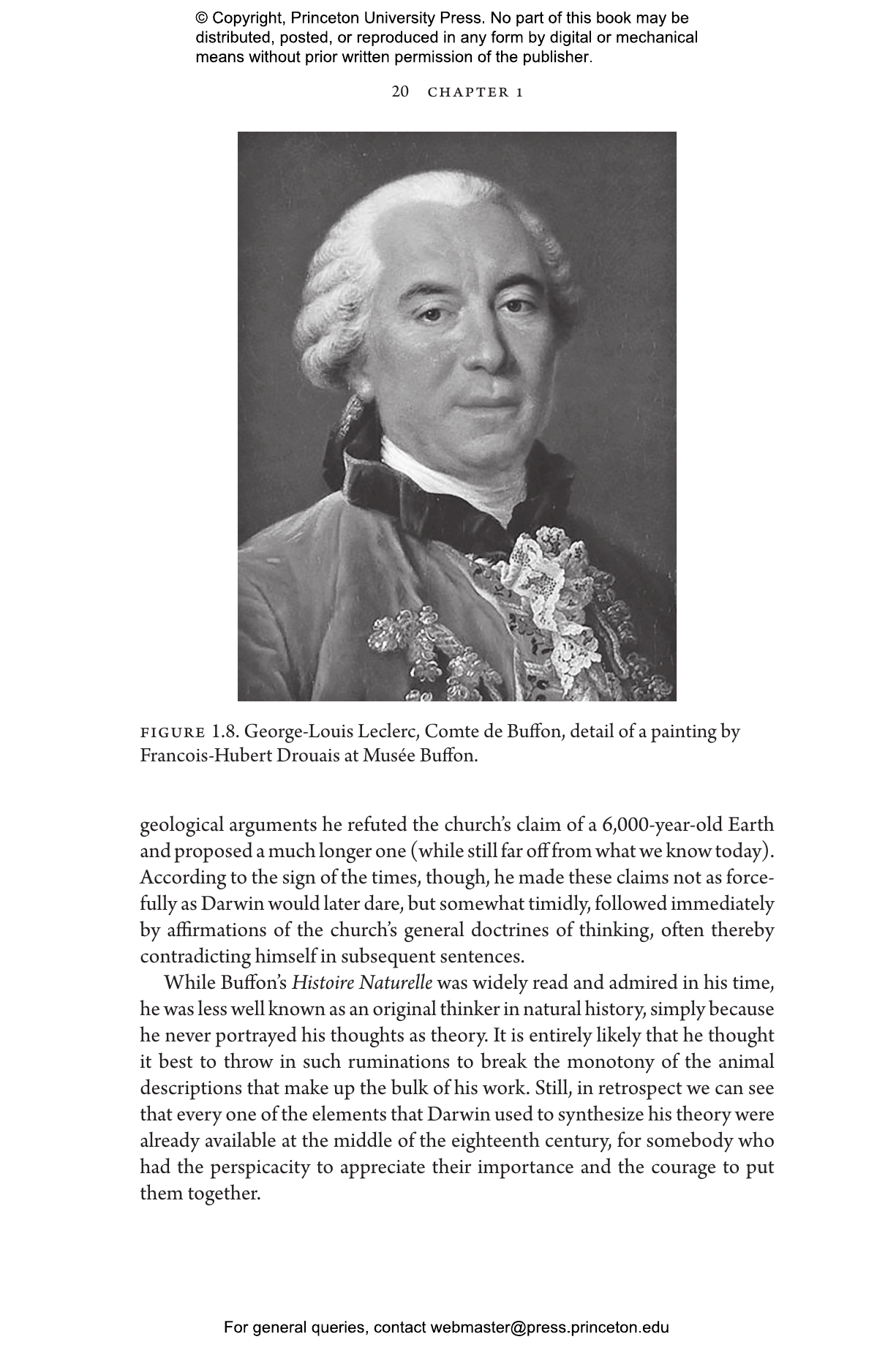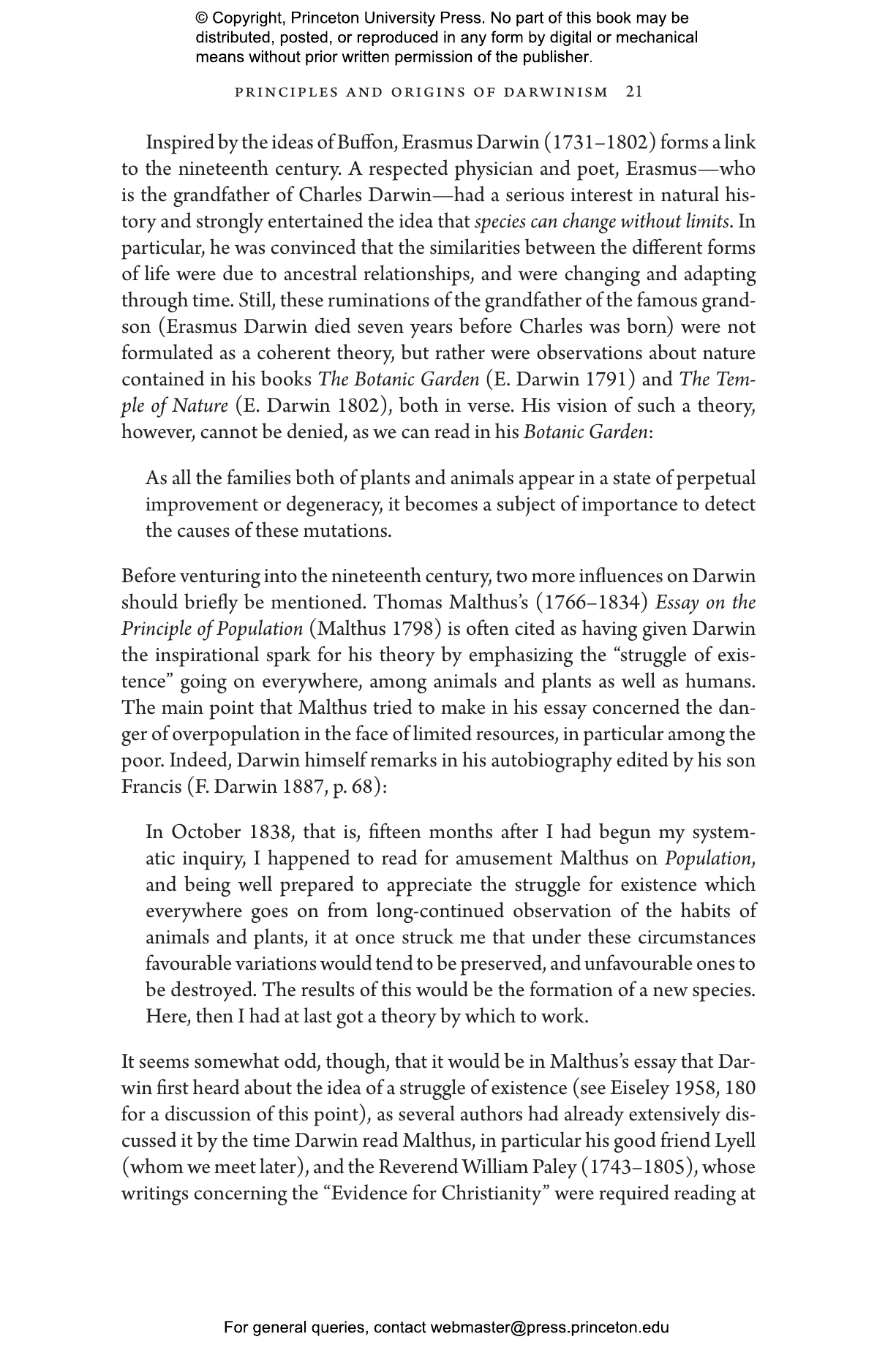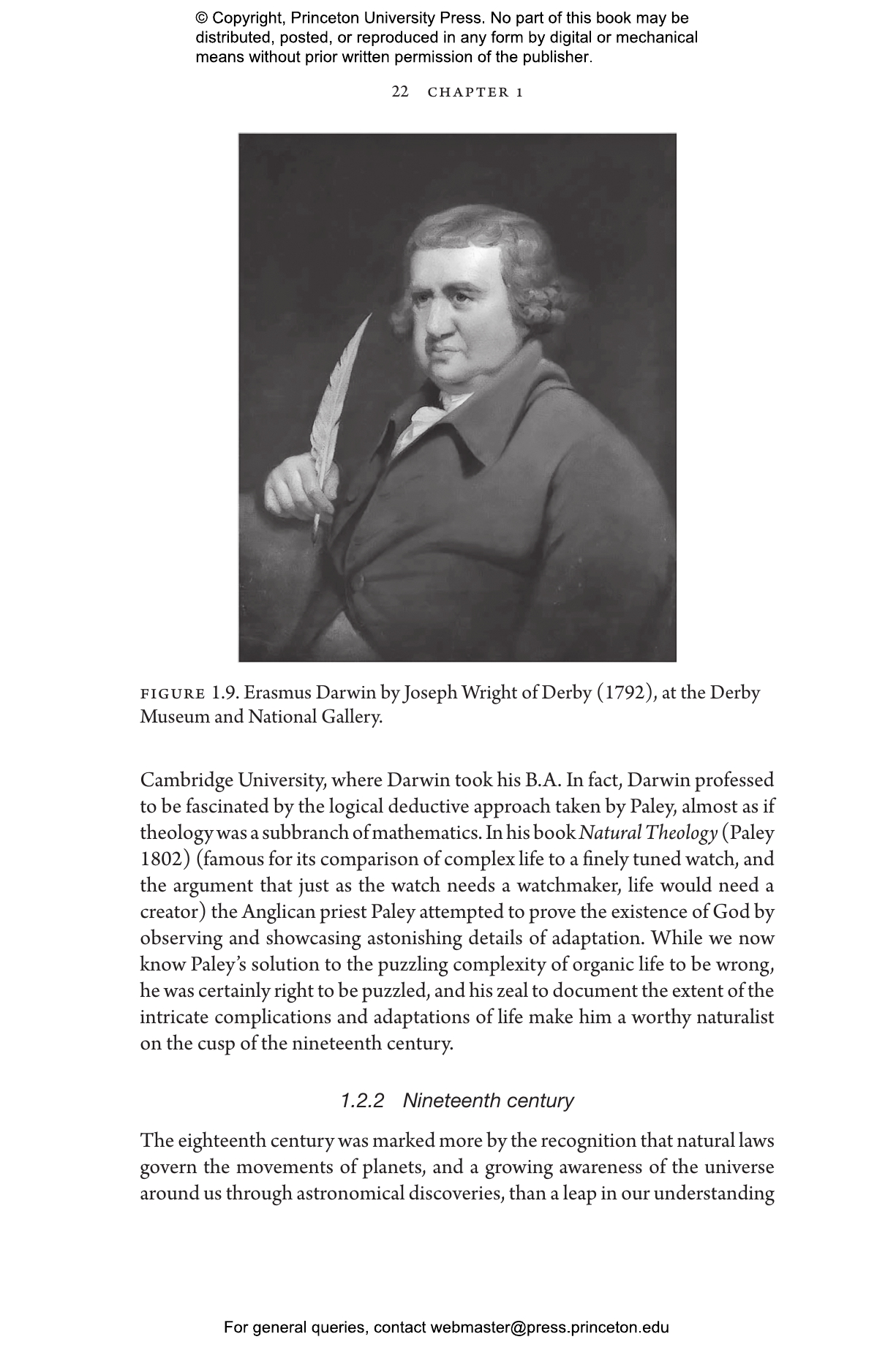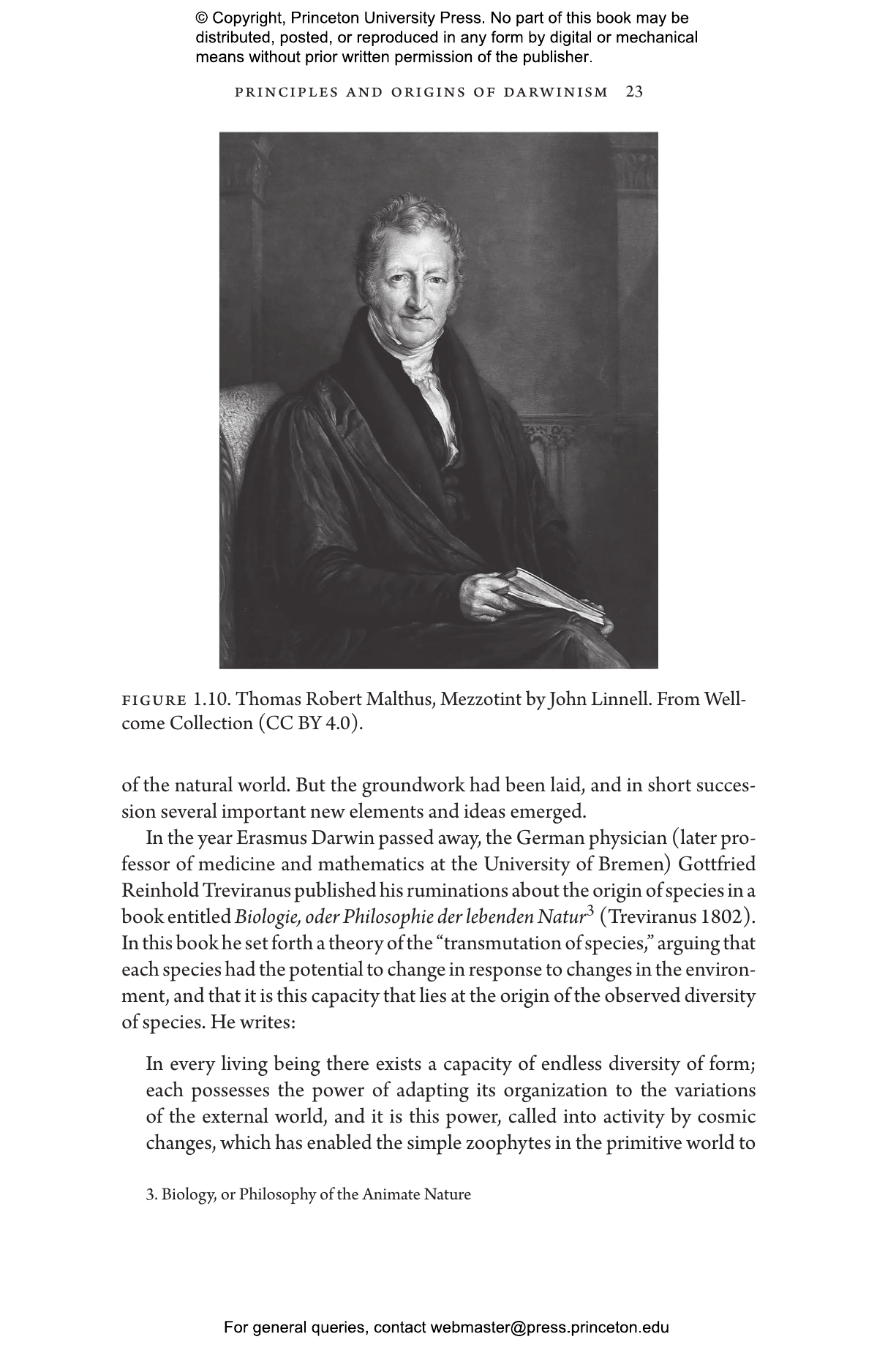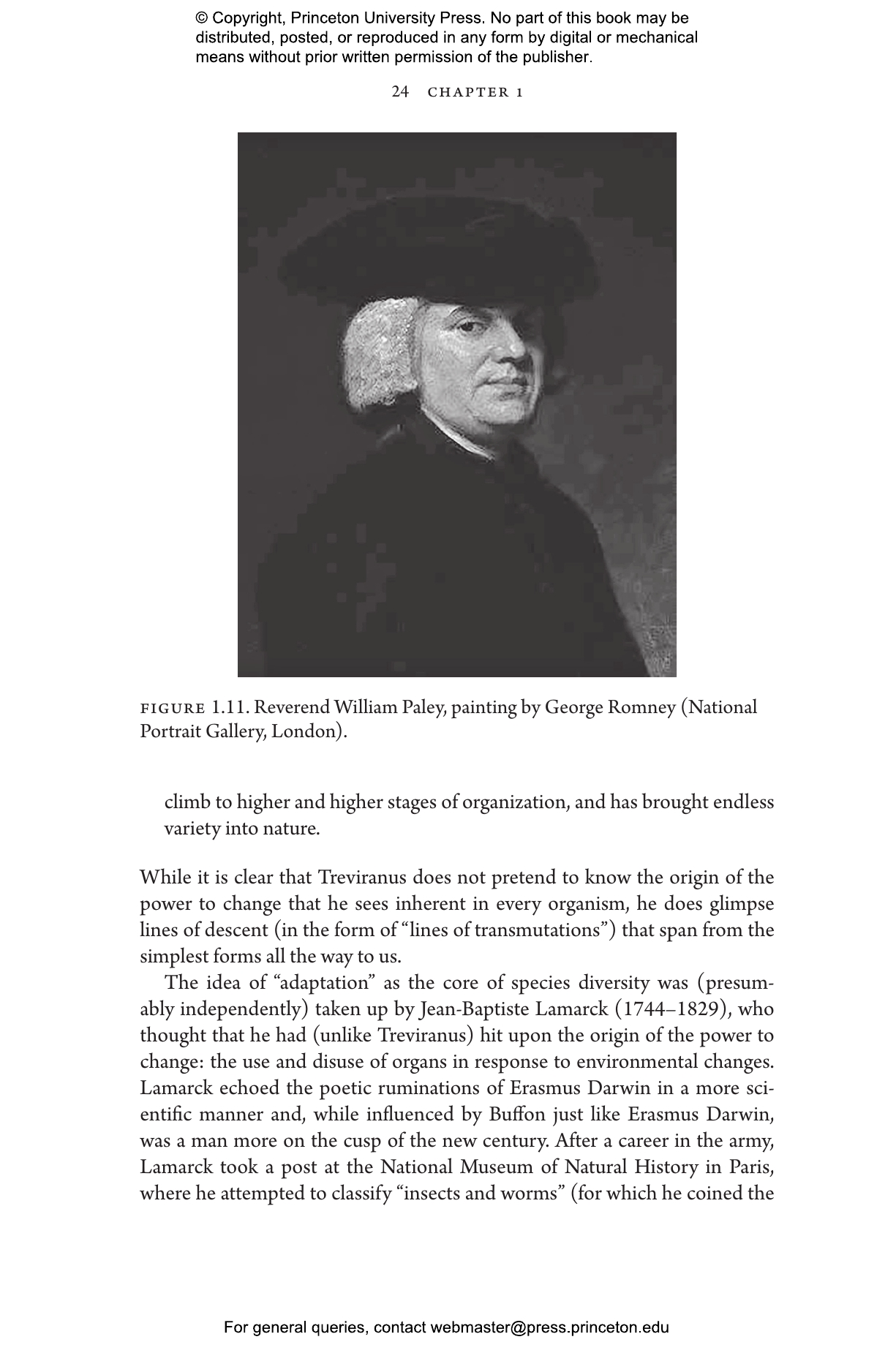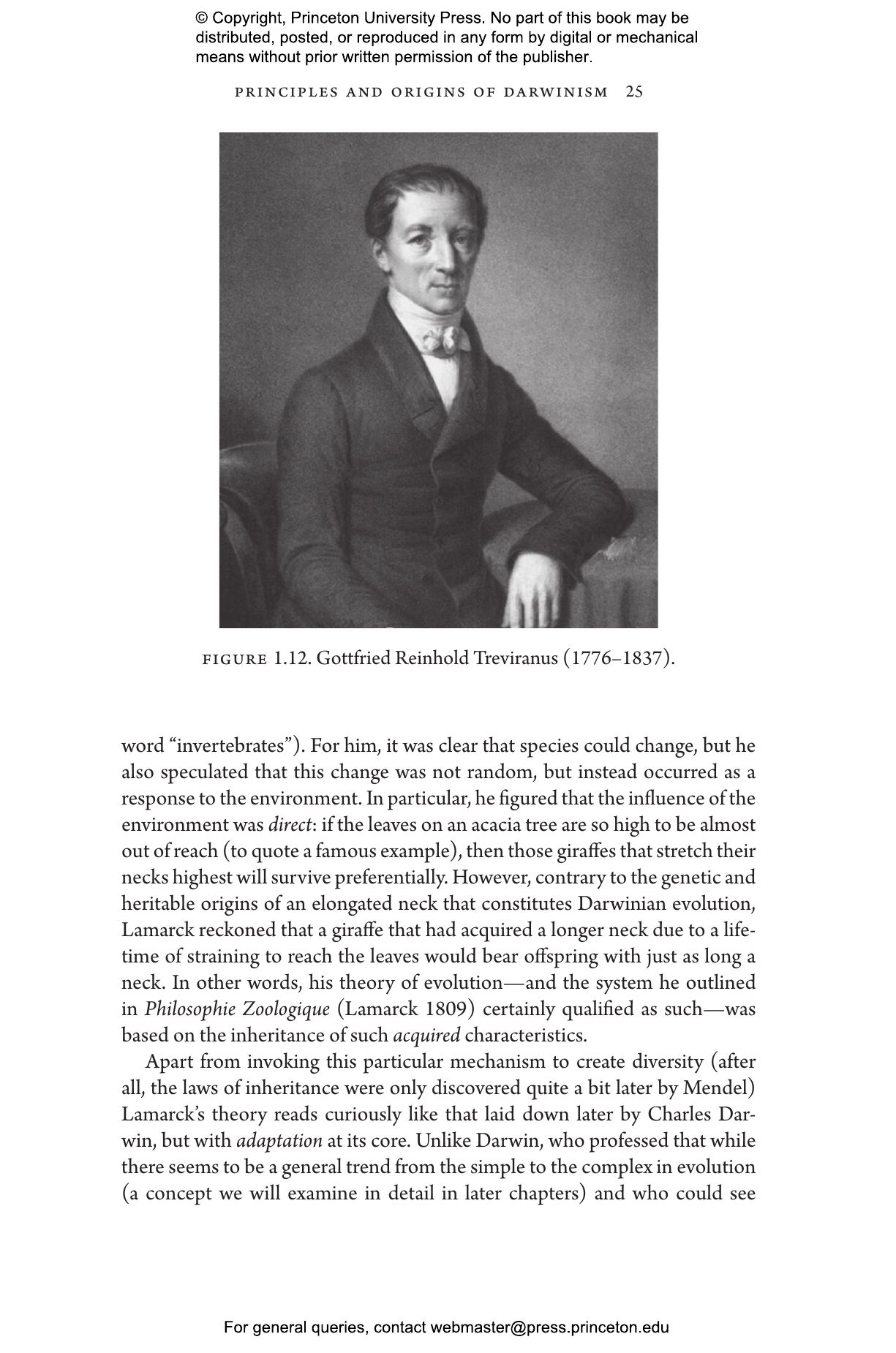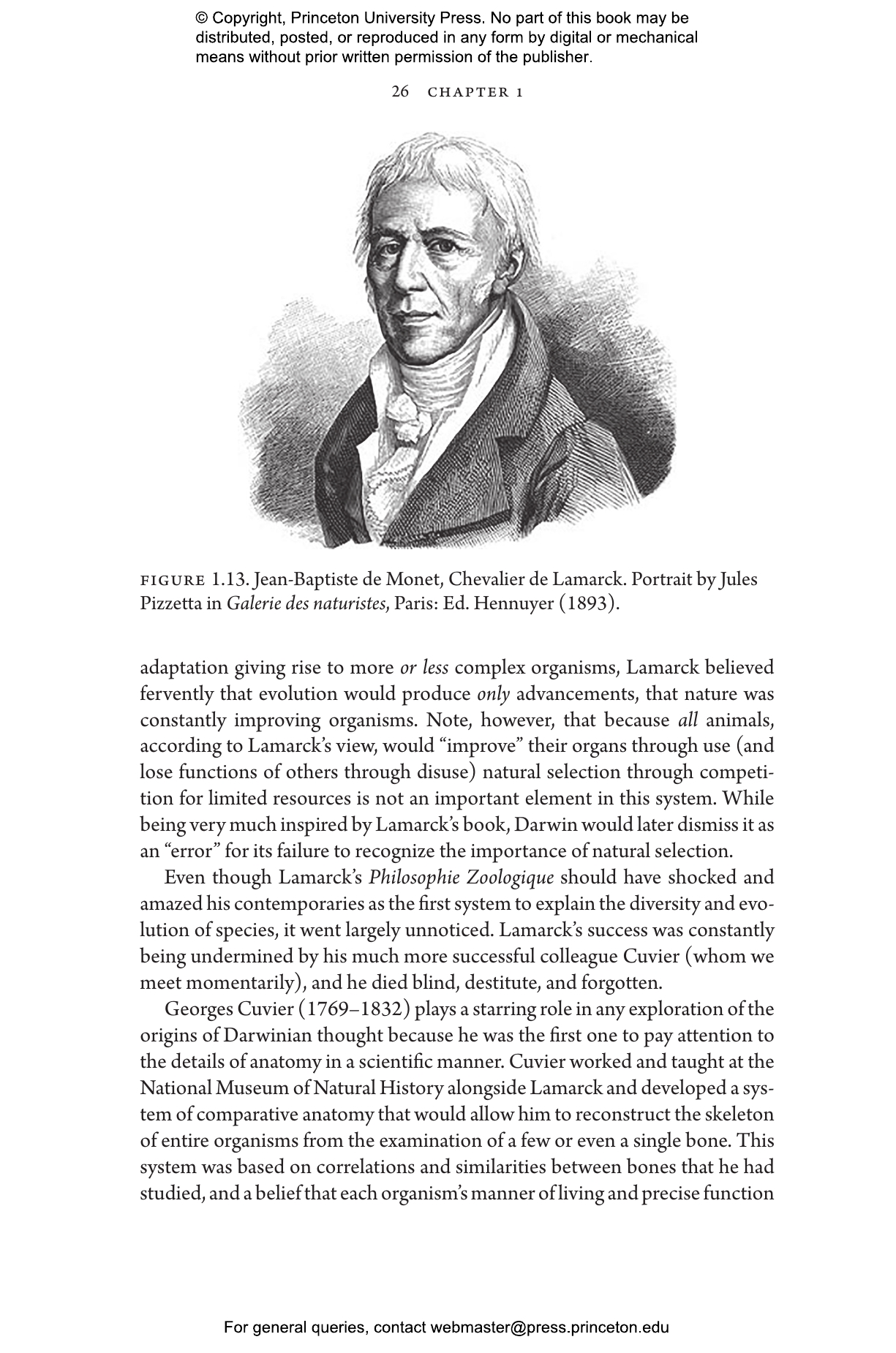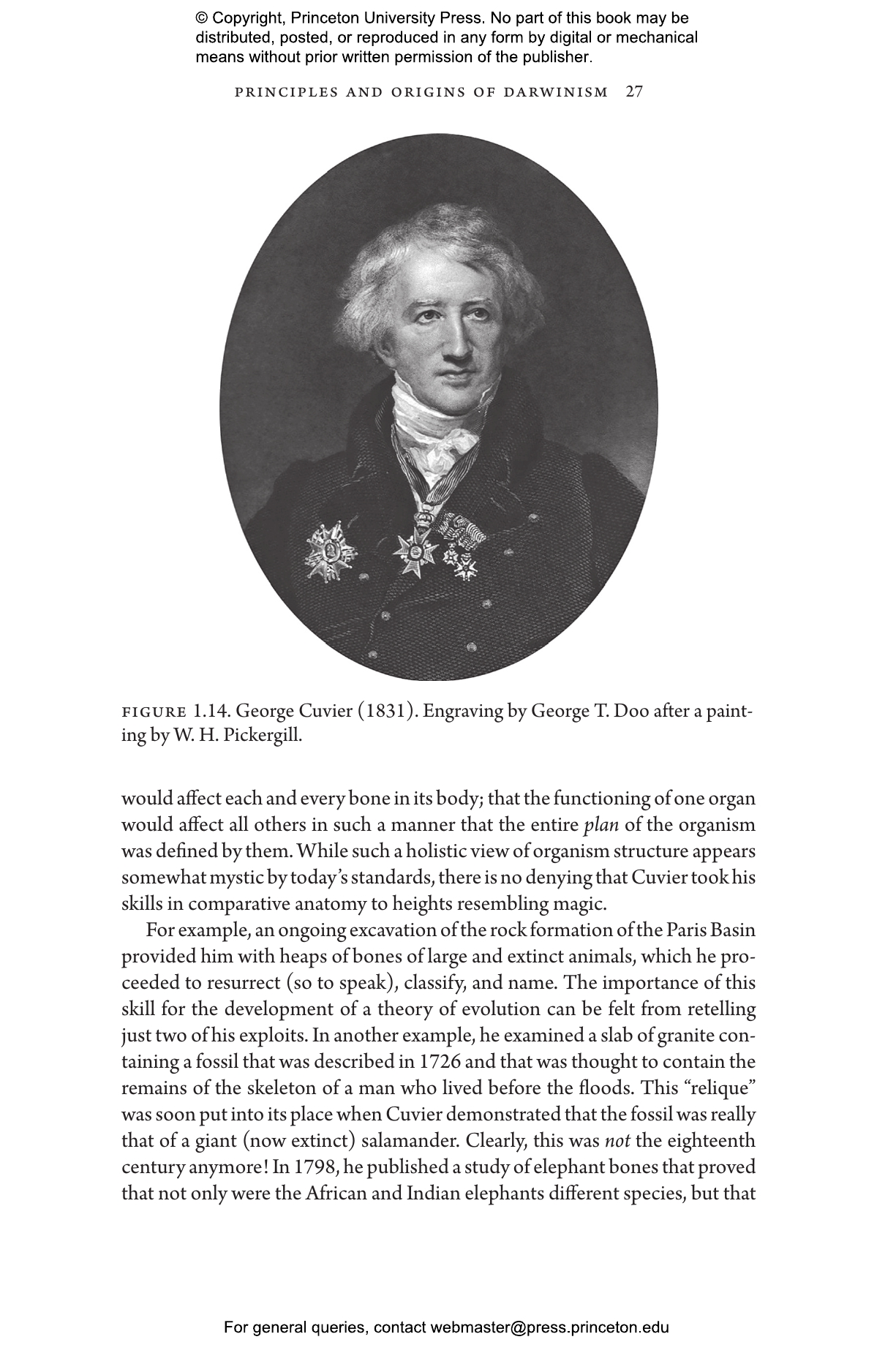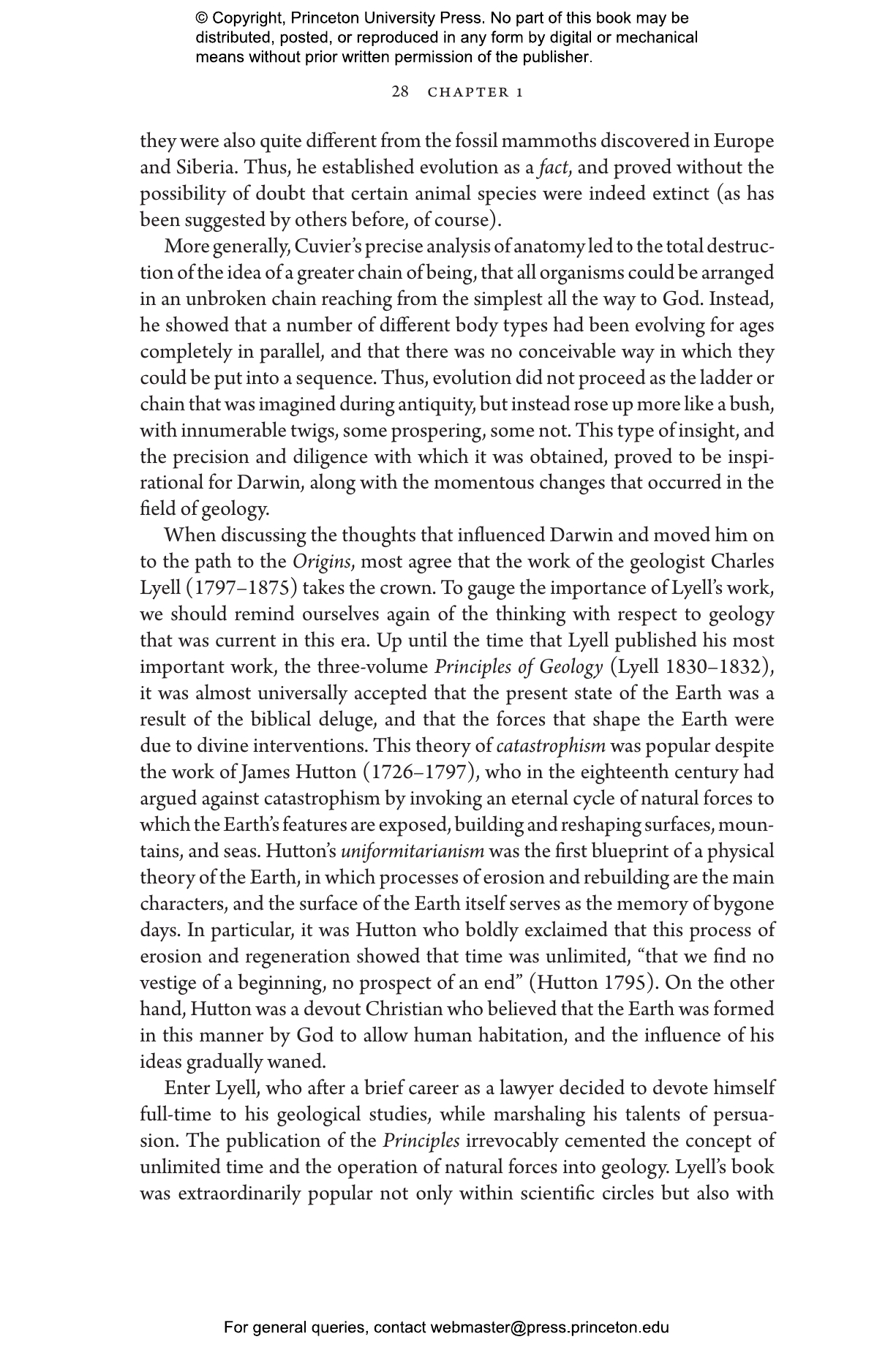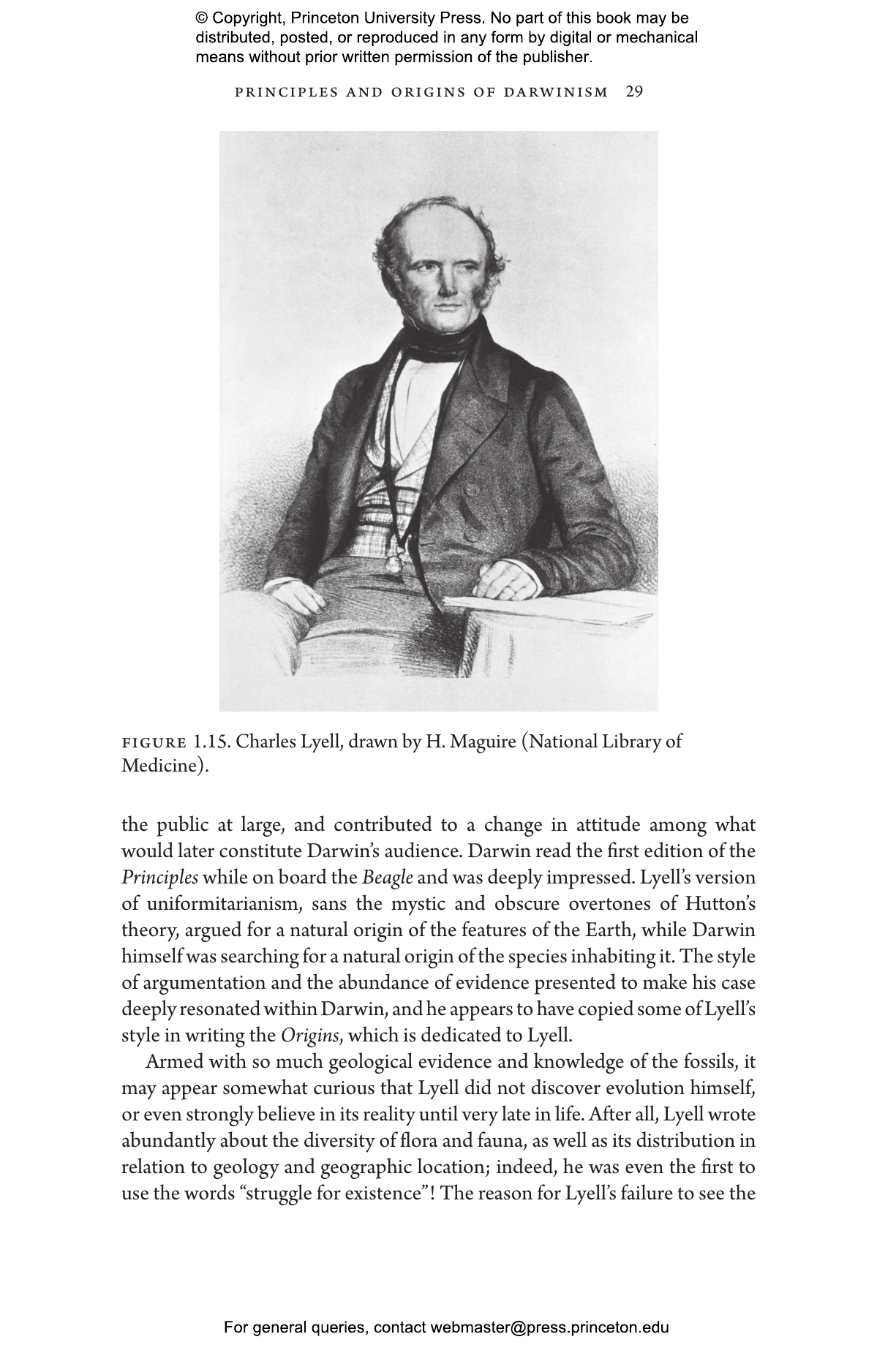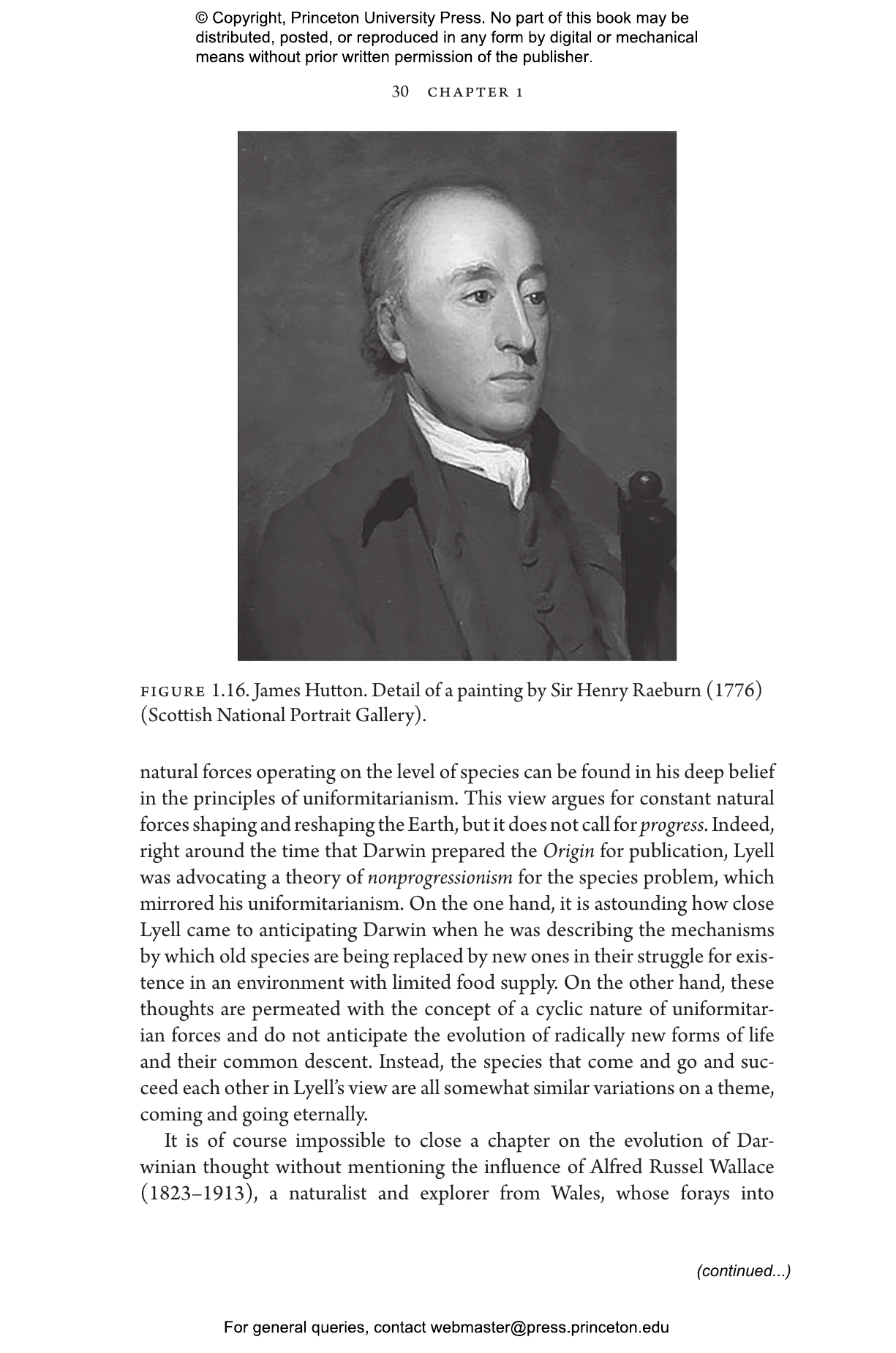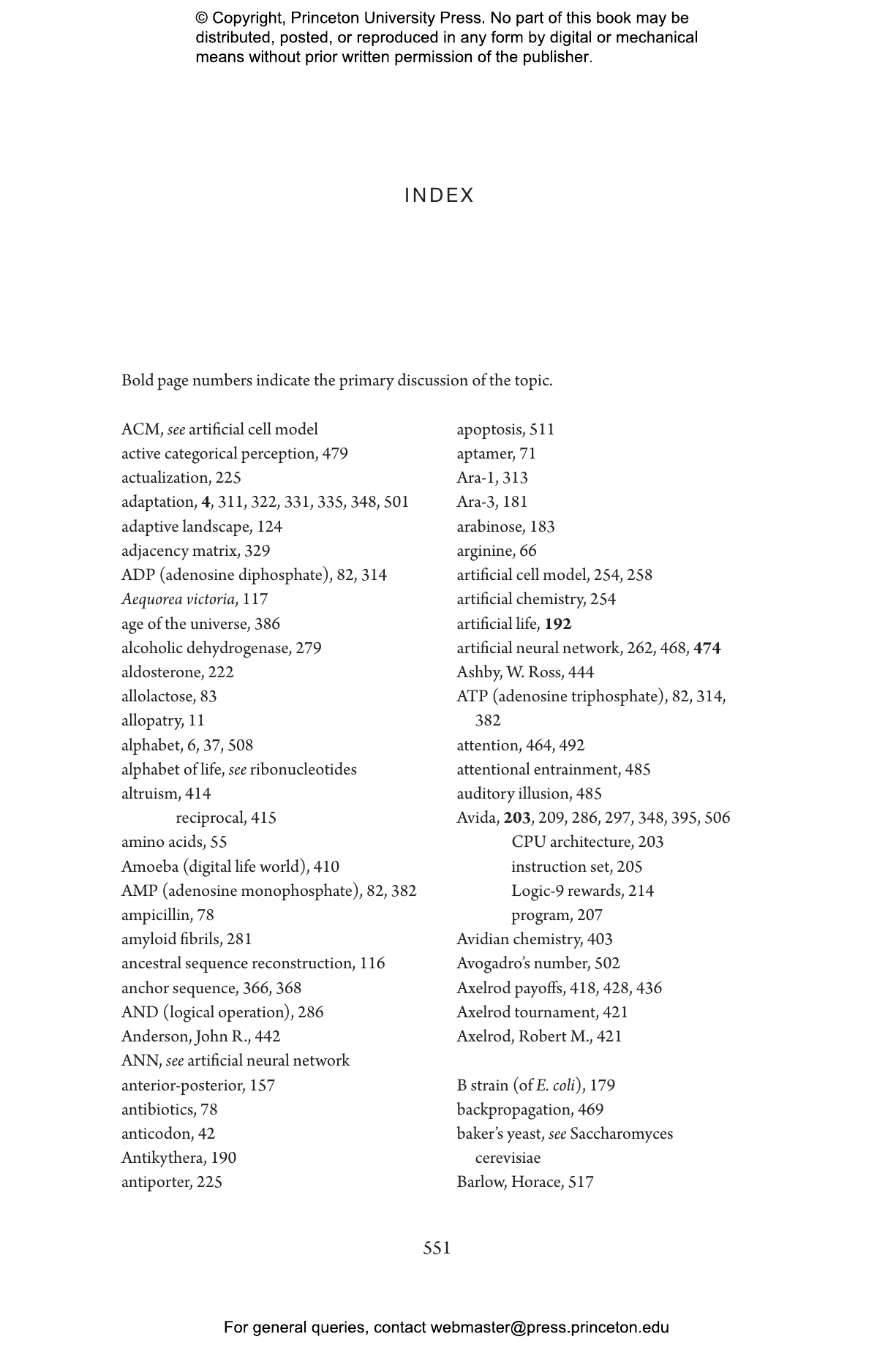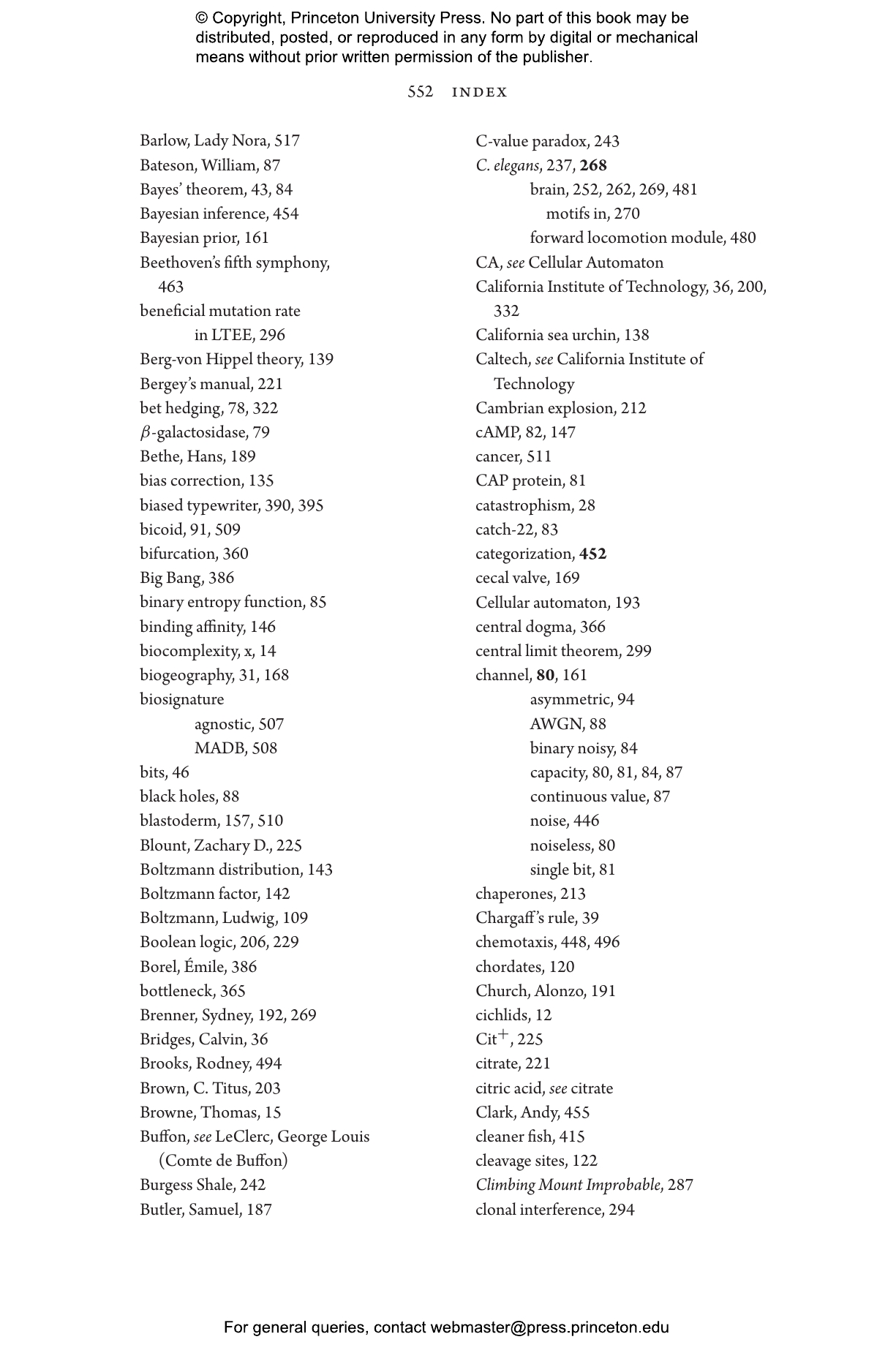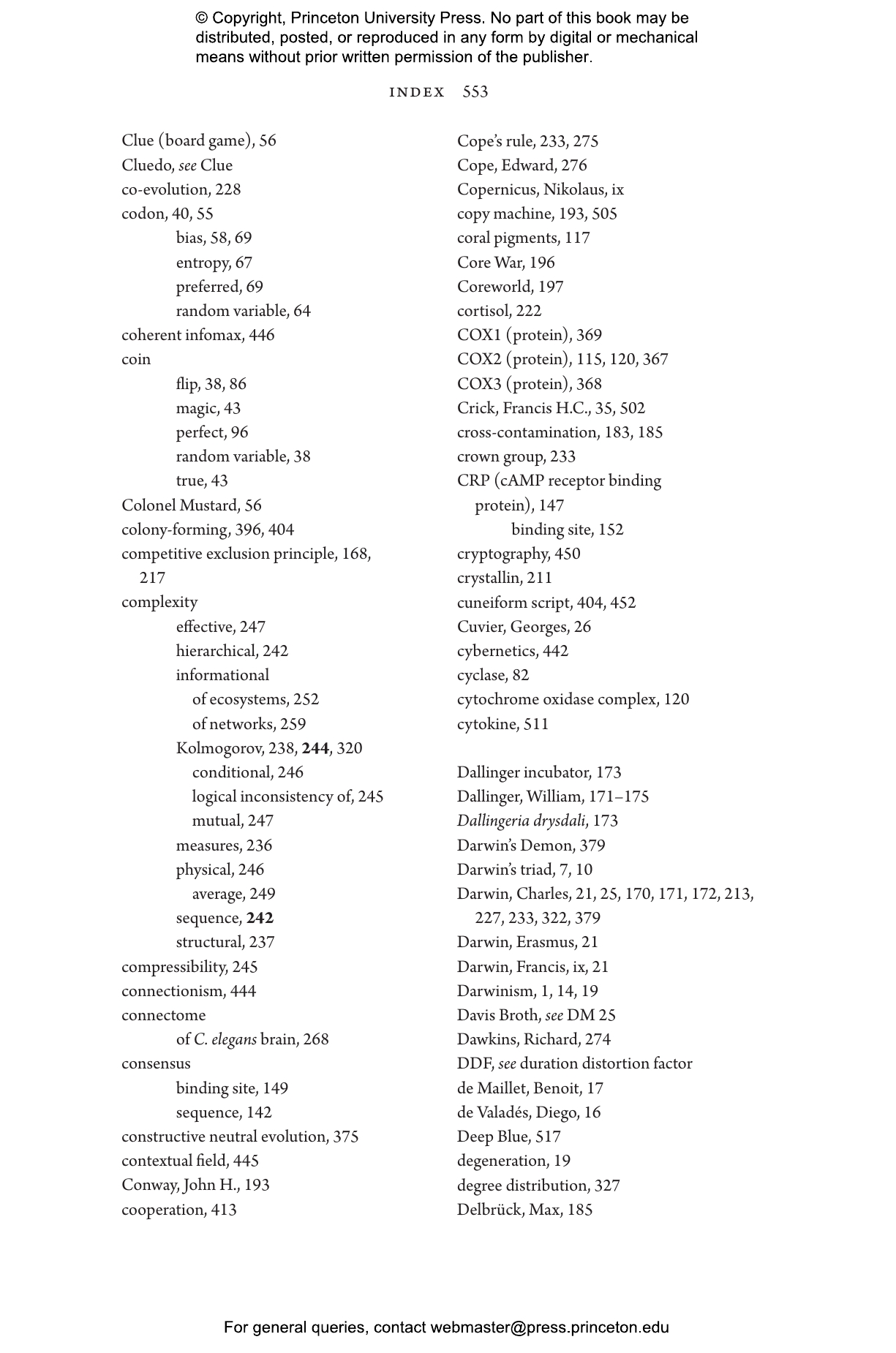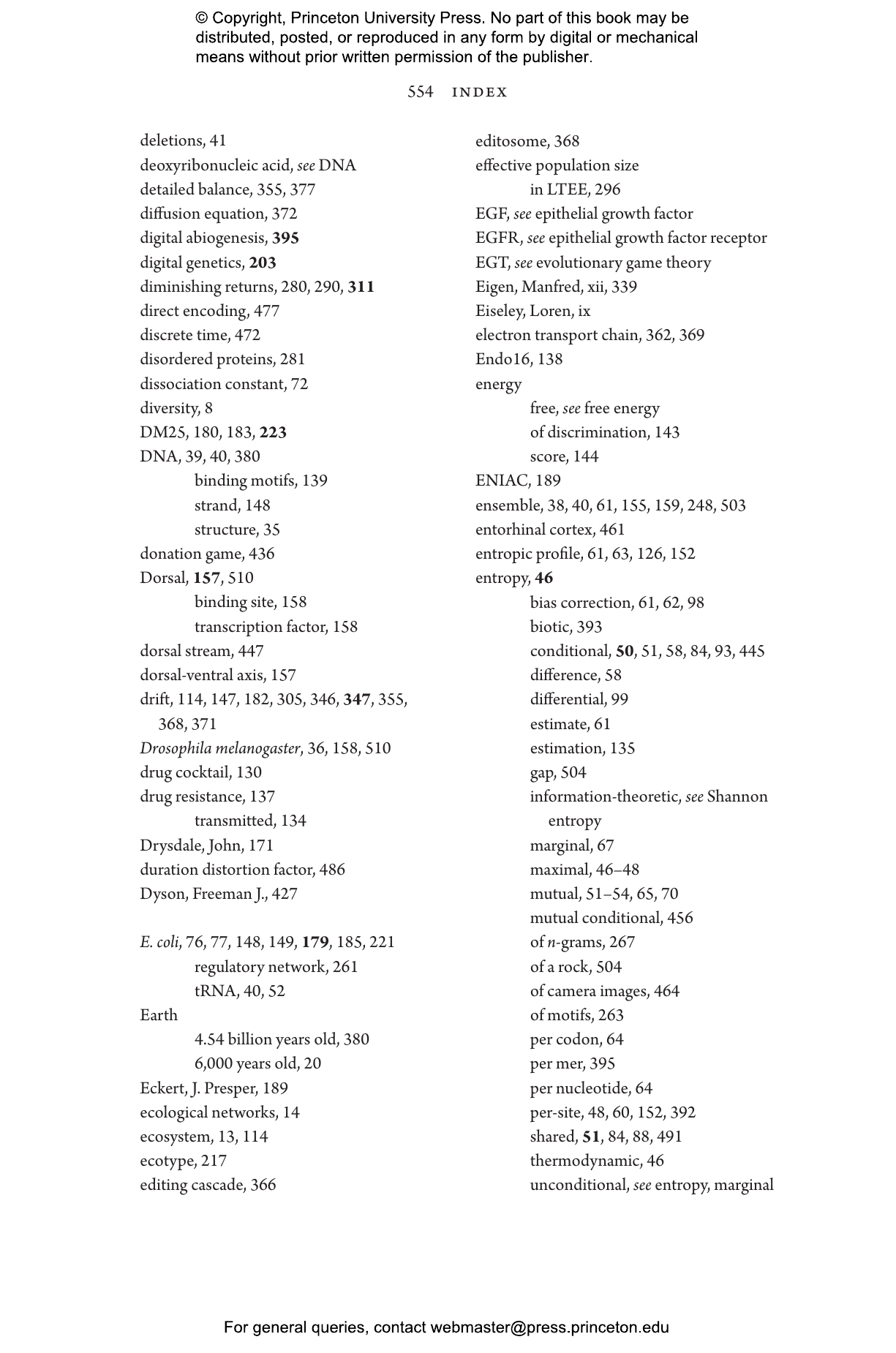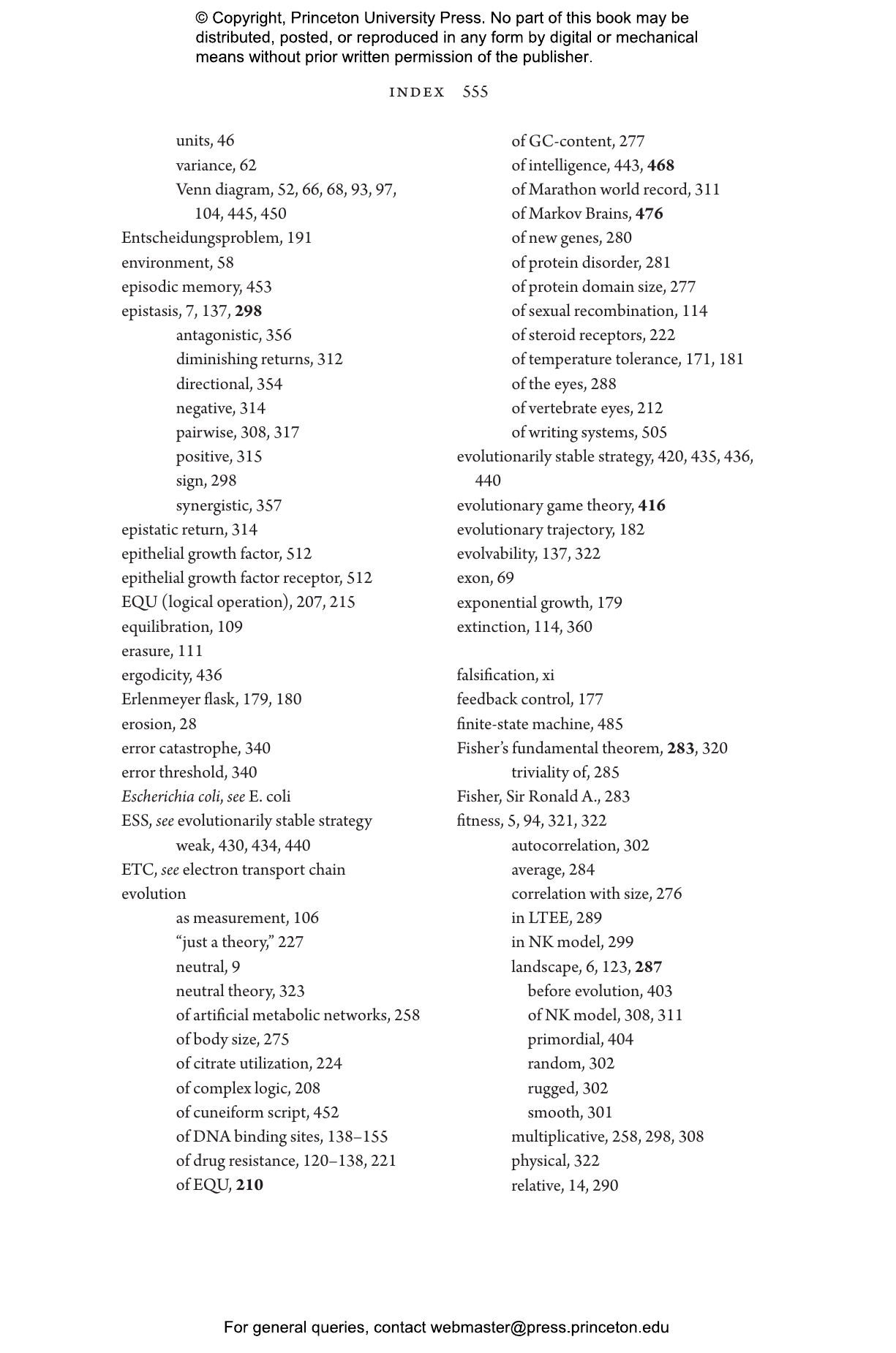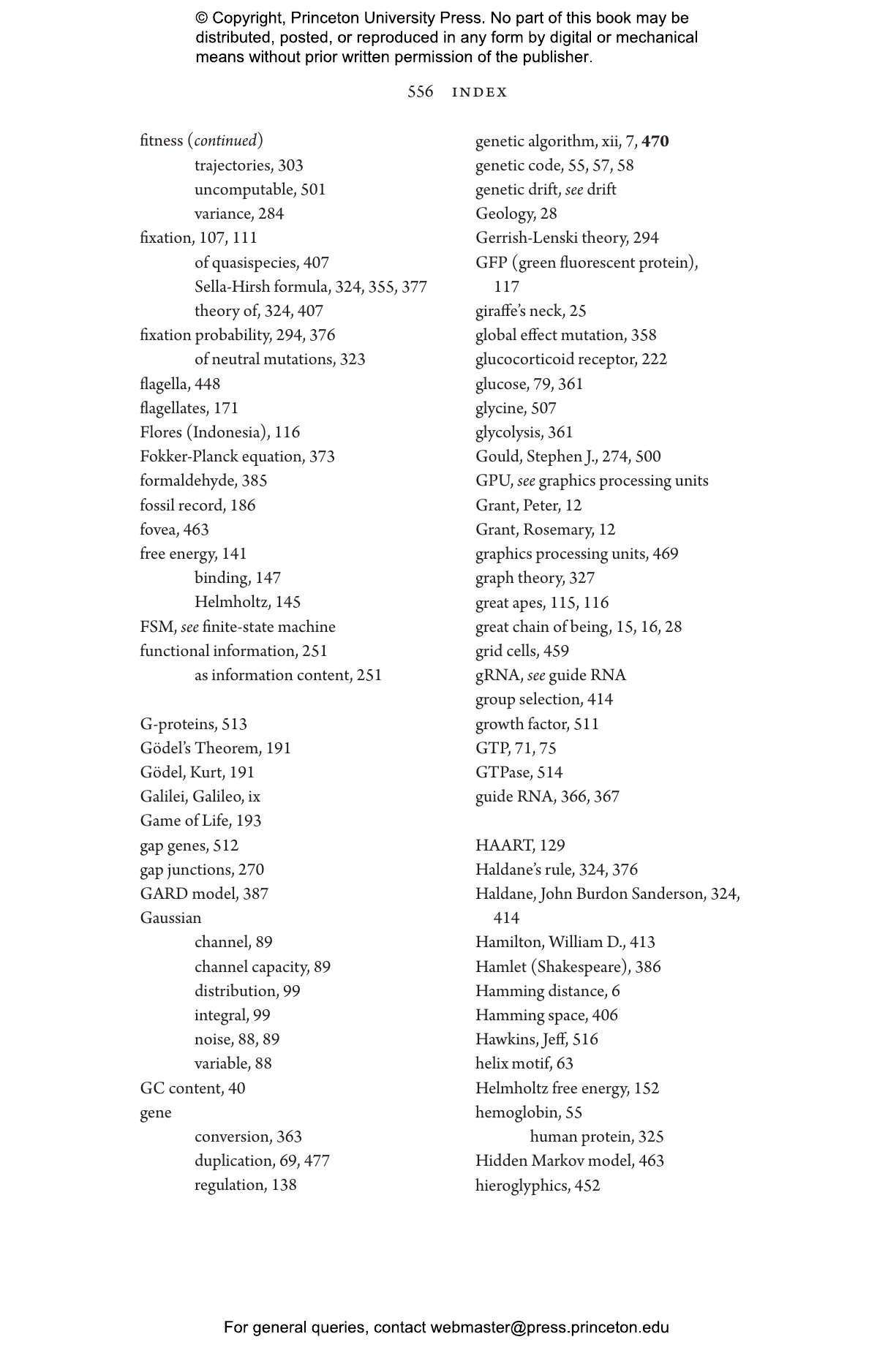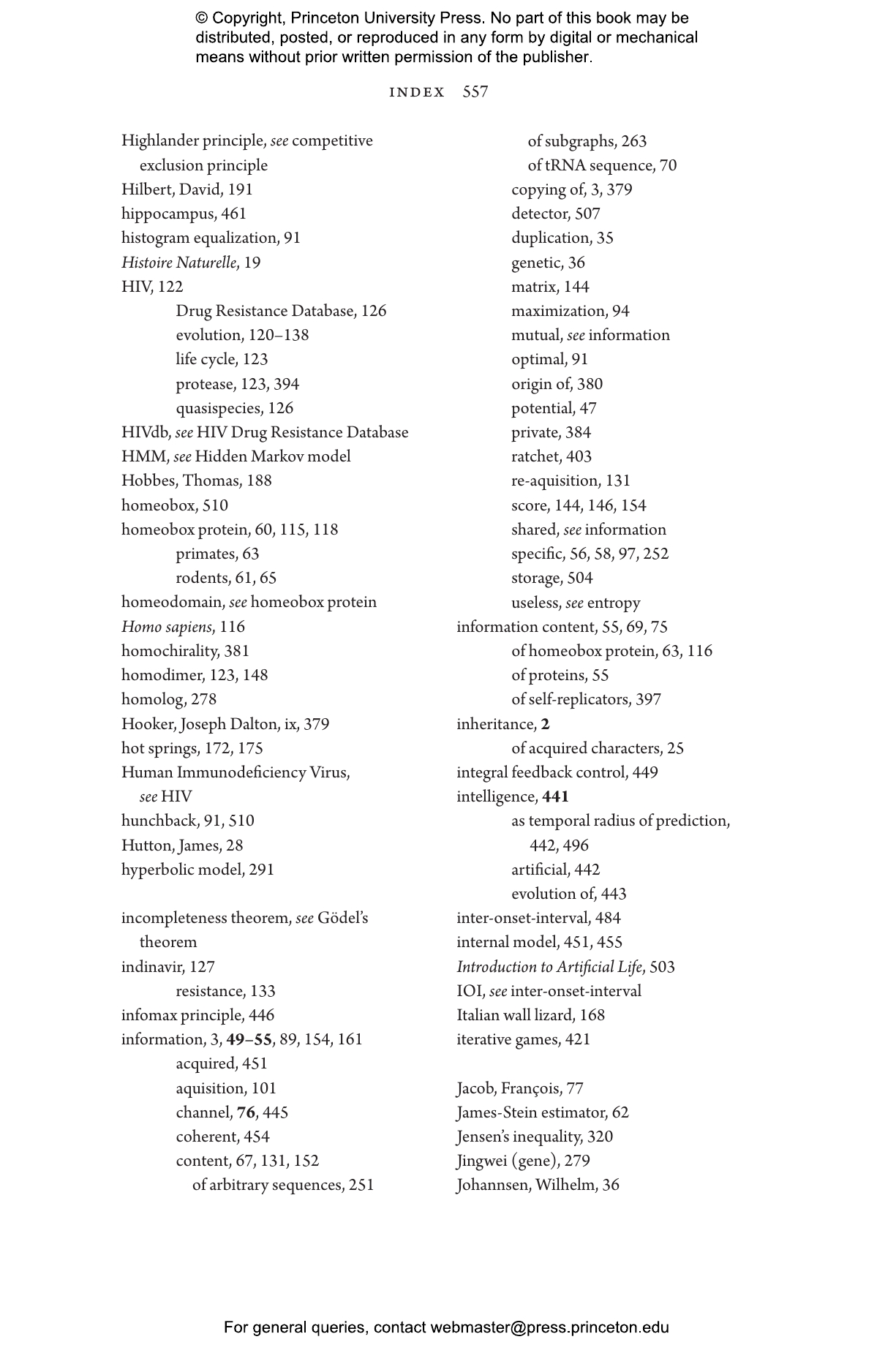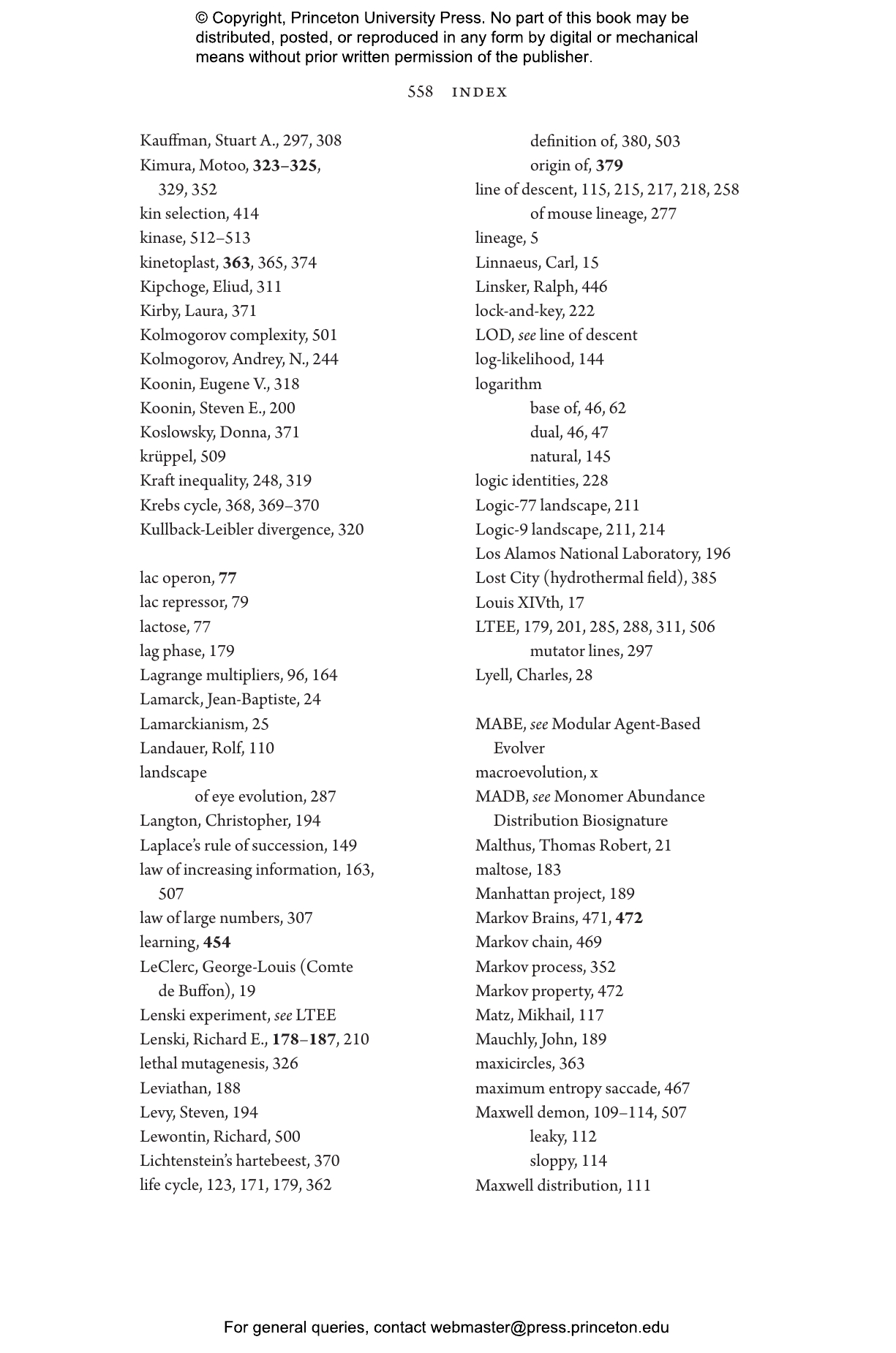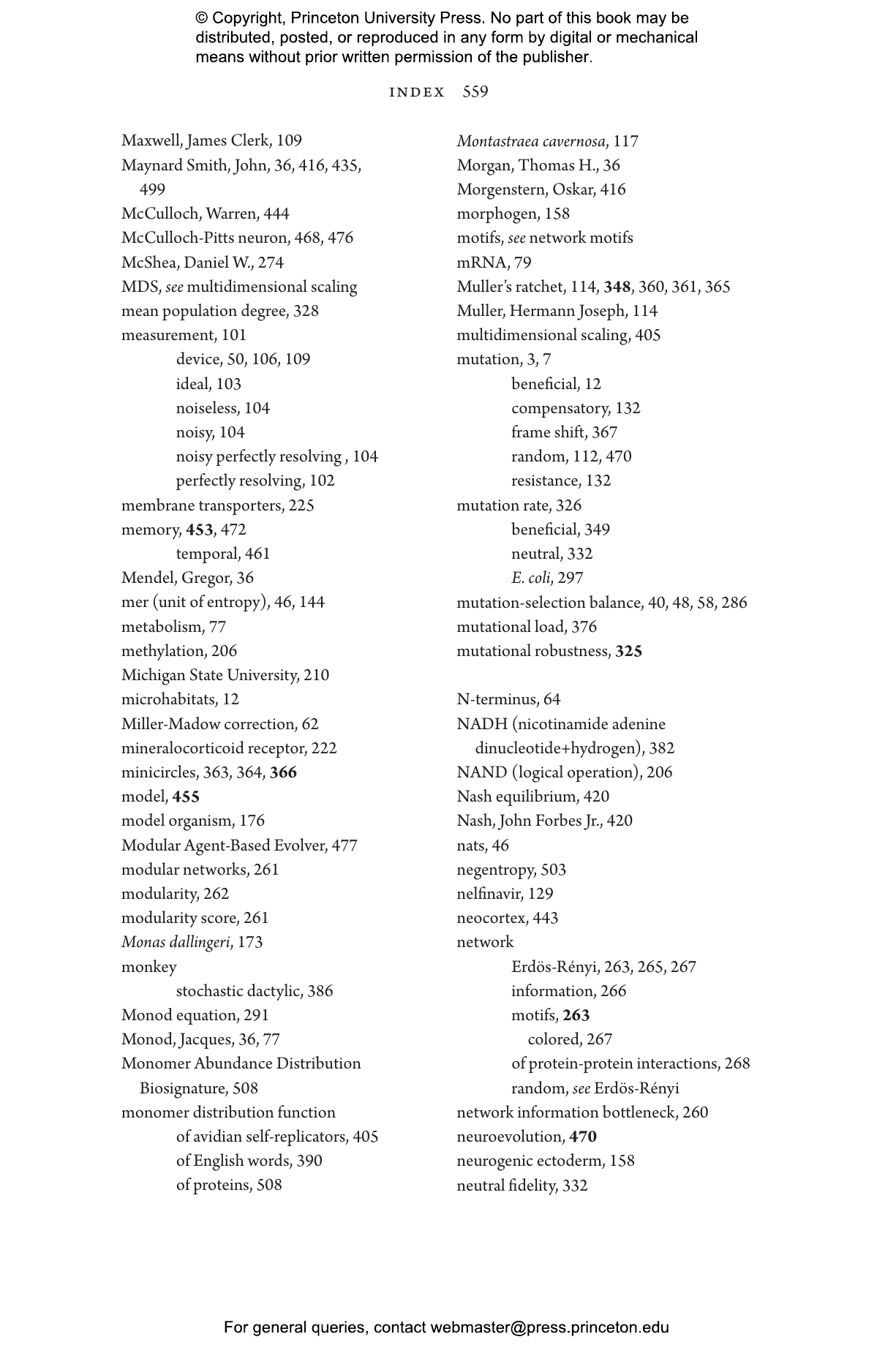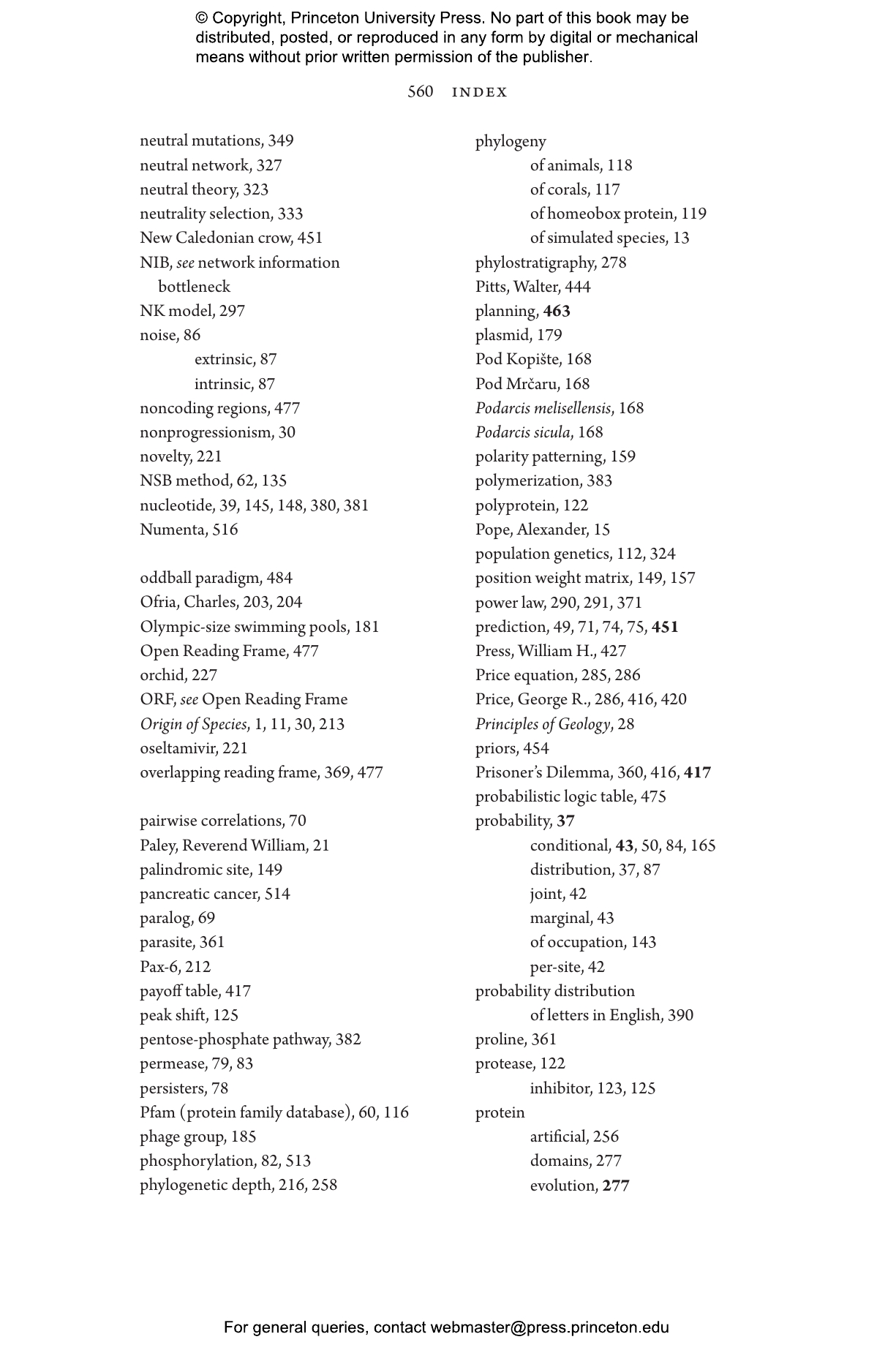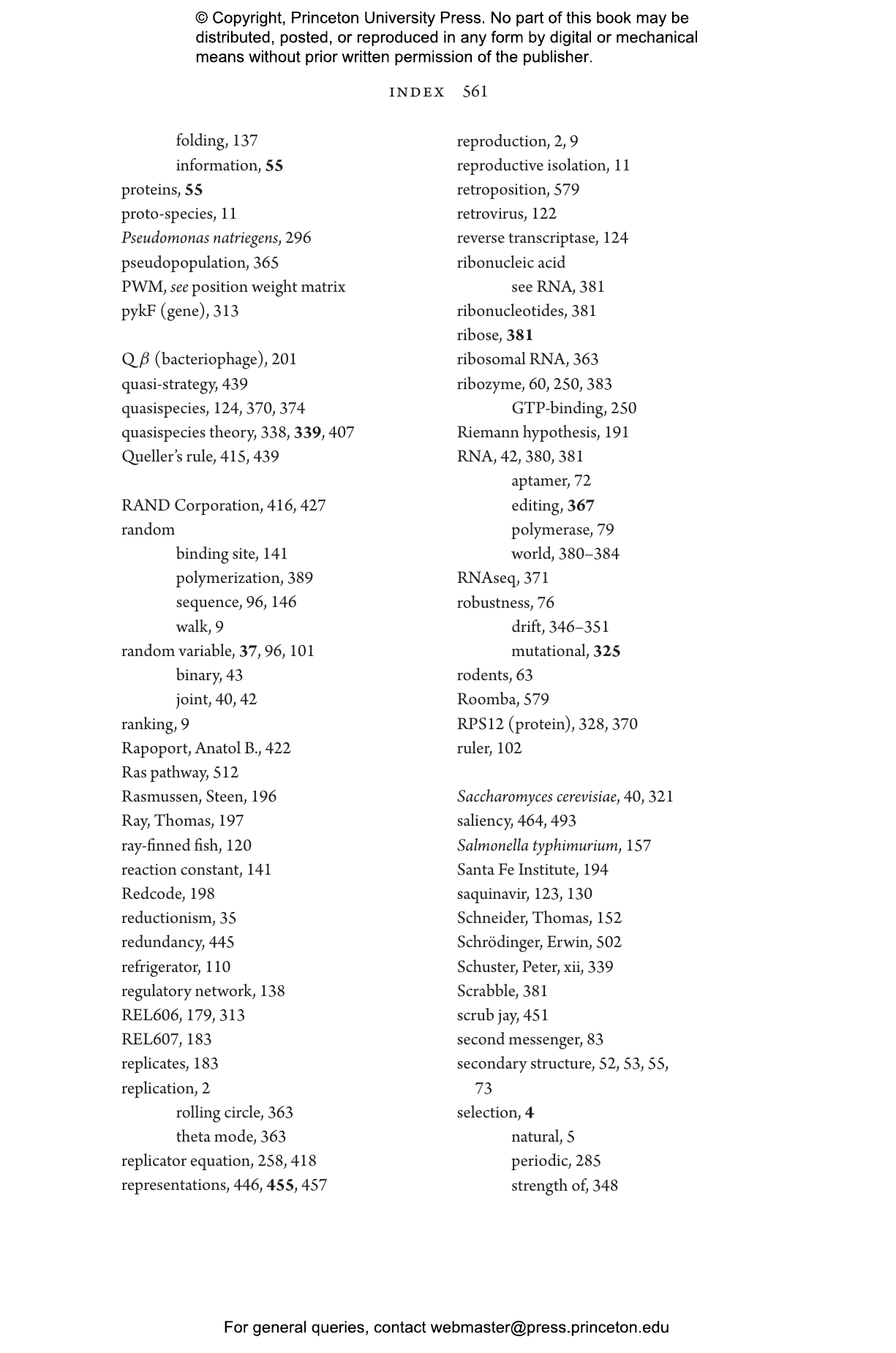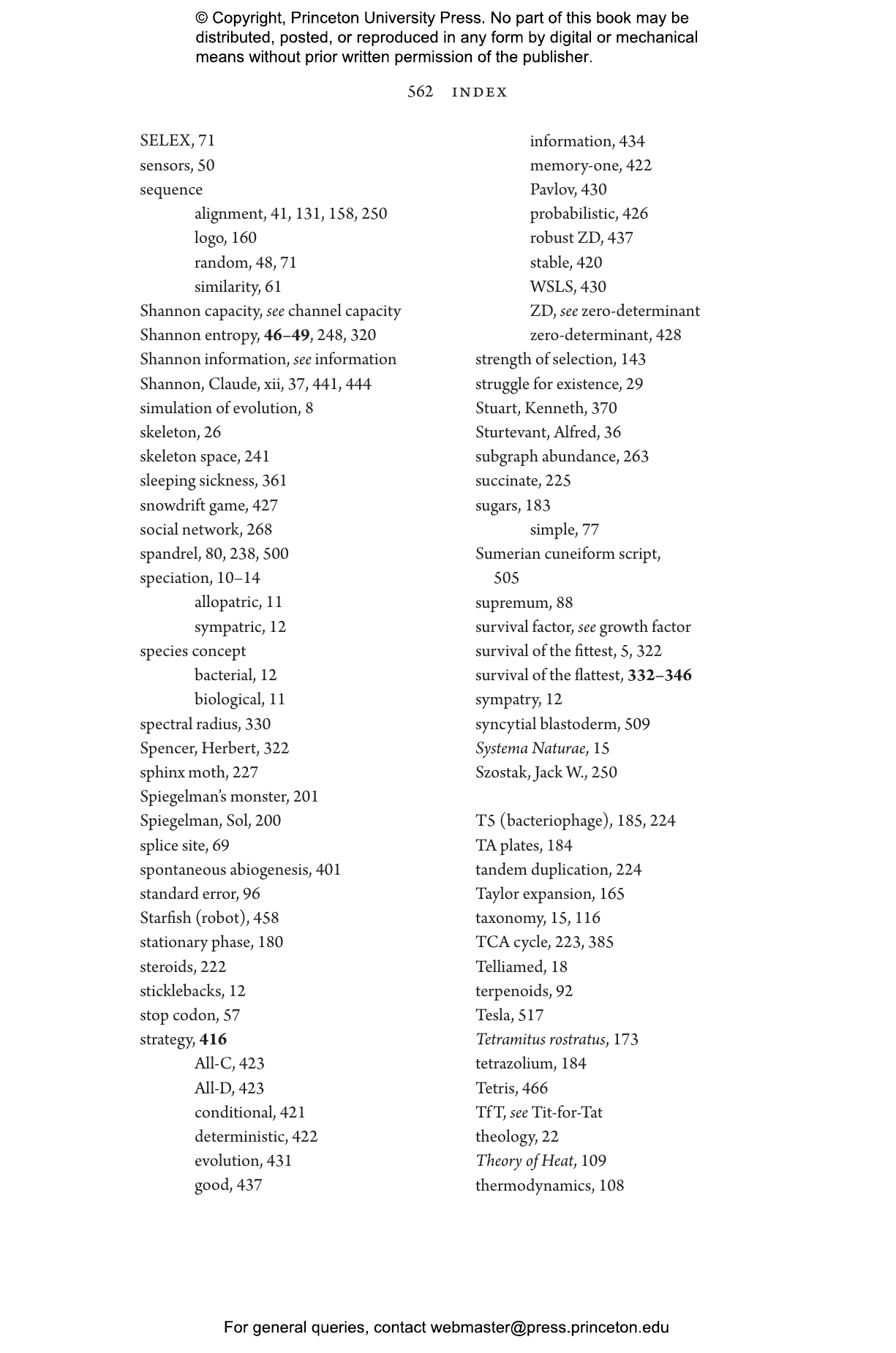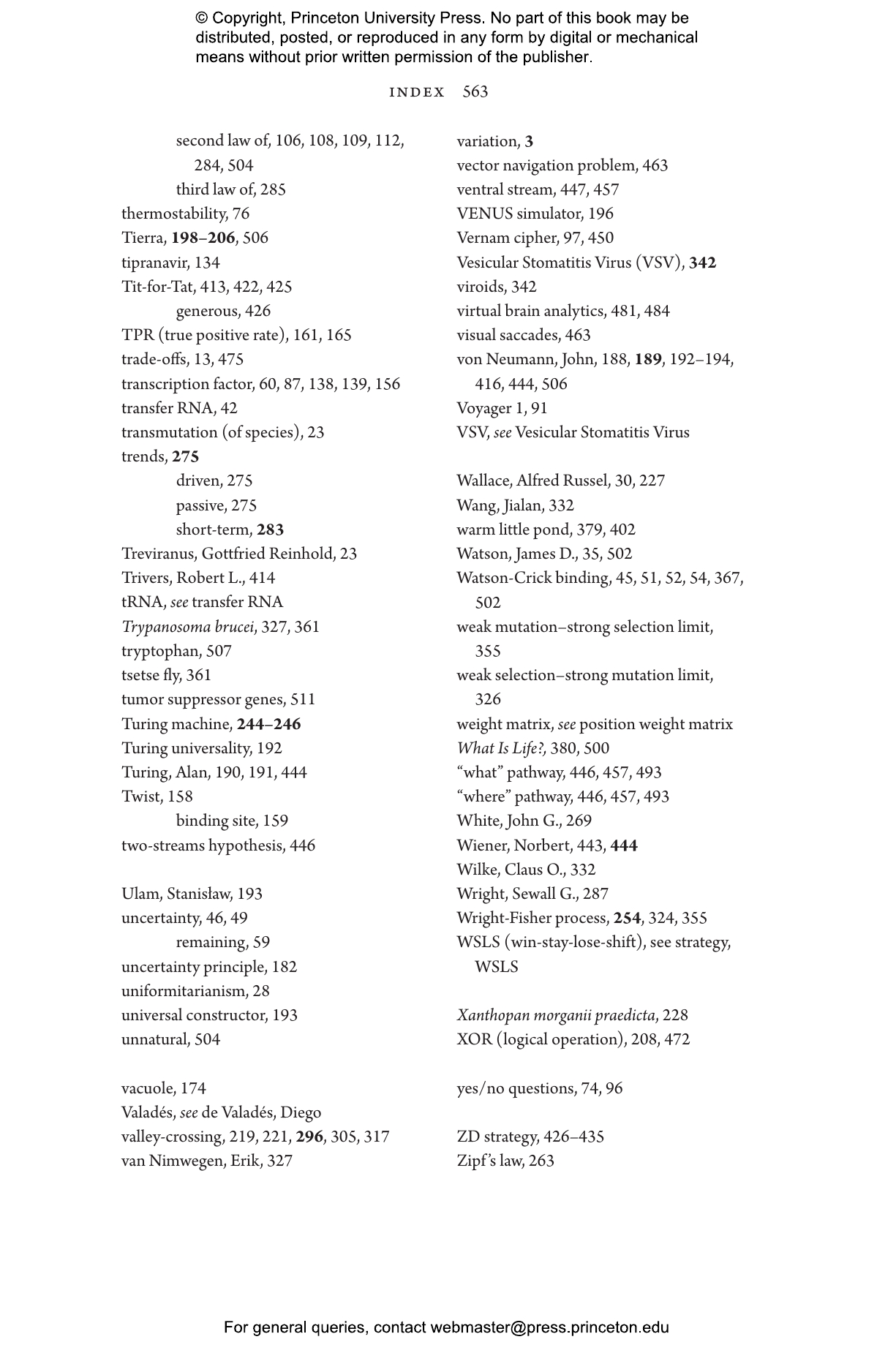More than 150 years after Darwin’s revolutionary On the Origin of Species, we are still attempting to understand and explain the amazing complexity of life. Although we now know how evolution proceeds to build complexity from simple ingredients, quantifying this complexity is still a difficult undertaking. In this book, Christoph Adami offers a new perspective on Darwinian evolution by viewing it through the lens of information theory. This novel theoretical stance sheds light on such matters as how viruses evolve drug resistance, how cells evolve to communicate, and how intelligence evolves. By this account, information emerges as the central unifying principle behind all of biology, allowing us to think about the origin of life—on Earth and elsewhere—in a systematic manner.
Adami, a leader in the field of computational biology, first provides an accessible introduction to the information theory of biomolecules and then shows how to apply these tools to measure information stored in genetic sequences and proteins. After outlining the experimental evidence of the evolution of information in both bacteria and digital organisms, he describes the evolution of robustness in viruses; the cooperation among cells, animals, and people; and the evolution of brains and intelligence. Building on extensive prior work in bacterial and digital evolution, Adami establishes that (expanding on Dobzhansky’s famous remark) nothing in biology makes sense except in the light of information. Understanding that information is the foundation of all life, he argues, allows us to see beyond the particulars of our way of life to glimpse what life might be like in other worlds.
Awards and Recognition
- A Choice Outstanding Academic Title of the Year
Christoph Adami is professor of microbiology and molecular genetics & physics as well as astronomy at Michigan State University. A pioneer in the application of methods from information theory to the study of evolution, he designed the Avida system that launched the use of digital life as a tool for investigating basic questions in evolutionary biology. He is the author of the textbook Introduction to Artificial Life.
"[A] refreshing look at biology and the principles of Darwinian evolution. . . . Adami's approach is original, logical, clear, thorough, and convincing."—Choice
"Adami’s volume achieves an important goal: it casts natural selection as a process by which life extracts information from the environment. This profound idea is poised to lead us toward deeper insights about intelligence, societies, and life itself."—Sergey Kryazhimskiy, The Quarterly Review of Biology
“Adami has taken the standard approaches to evolution and turned them inside out. His connections are surprising, his history is deep, and his writing is compelling. The Evolution of Biological Information is a book to be studied and pondered, one to have close at hand to reread in idle moments.”—Joan E. Strassmann, author of Slow Birding: The Art and Science of Enjoying the Birds in Your Own Backyard
“It’s often said that we now live in the information age. In this thought-provoking and wide-ranging book, Christoph Adami makes the compelling case that we and our ancestors—back to the earliest replicators billions of years ago—have always lived in an information age. And while DNA sustains life’s information here on Earth, it is the propagation of information, and not the double helix, that will define life elsewhere in the universe.”—Richard Lenski, Michigan State University
“This is an ambitious undertaking and the author is to be applauded. Developing a better language to describe and understand biological information and organization (which is of course the same, or close to the same) is important and timely.”—Gunter Wagner, Yale University
“Adami seeks to provide a fresh perspective to evolution, adaptation, and the emergence of biological complexity from the framework of information theory. He develops the tantalizing idea that information is fitness and that very fundamental ideas from Shannon’s information theory can be applied to different levels of biological complexity to understand how they have evolved.”—Santiago F. Elena, Spain National Research Council (CSIC)
